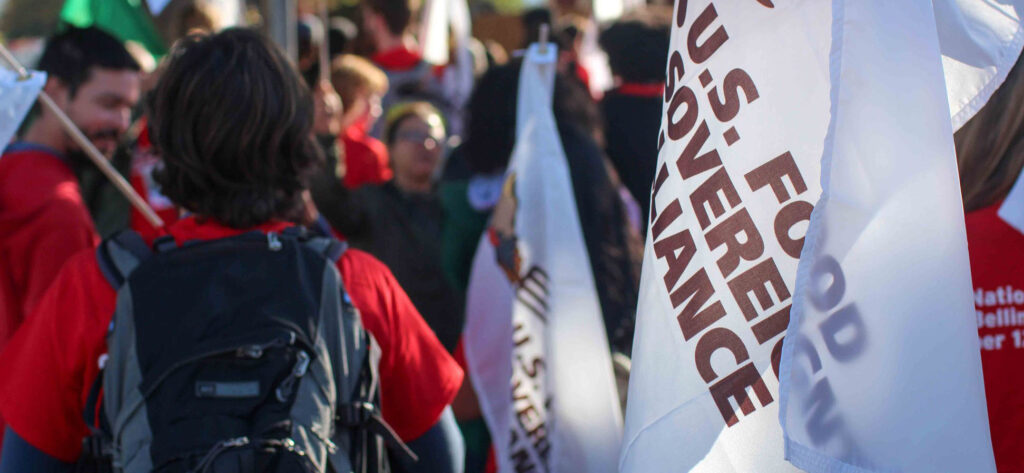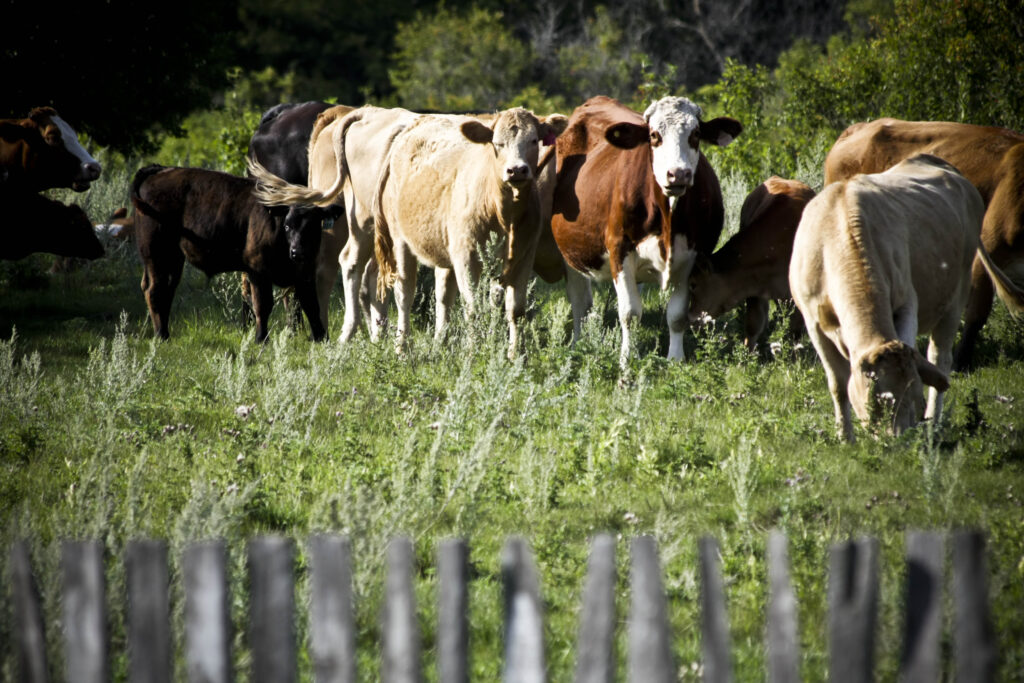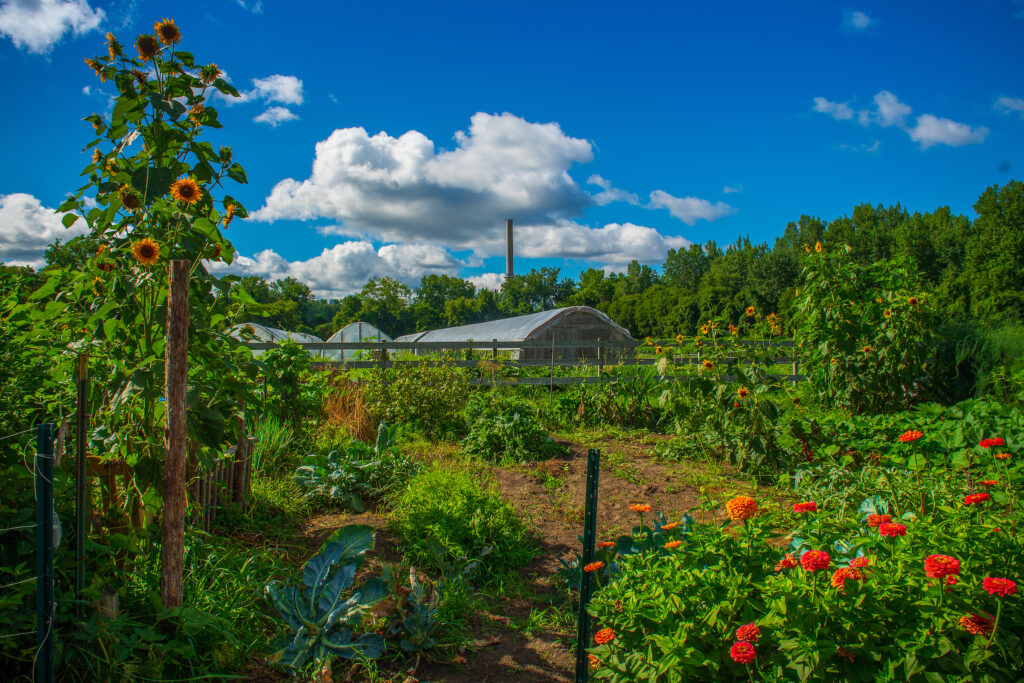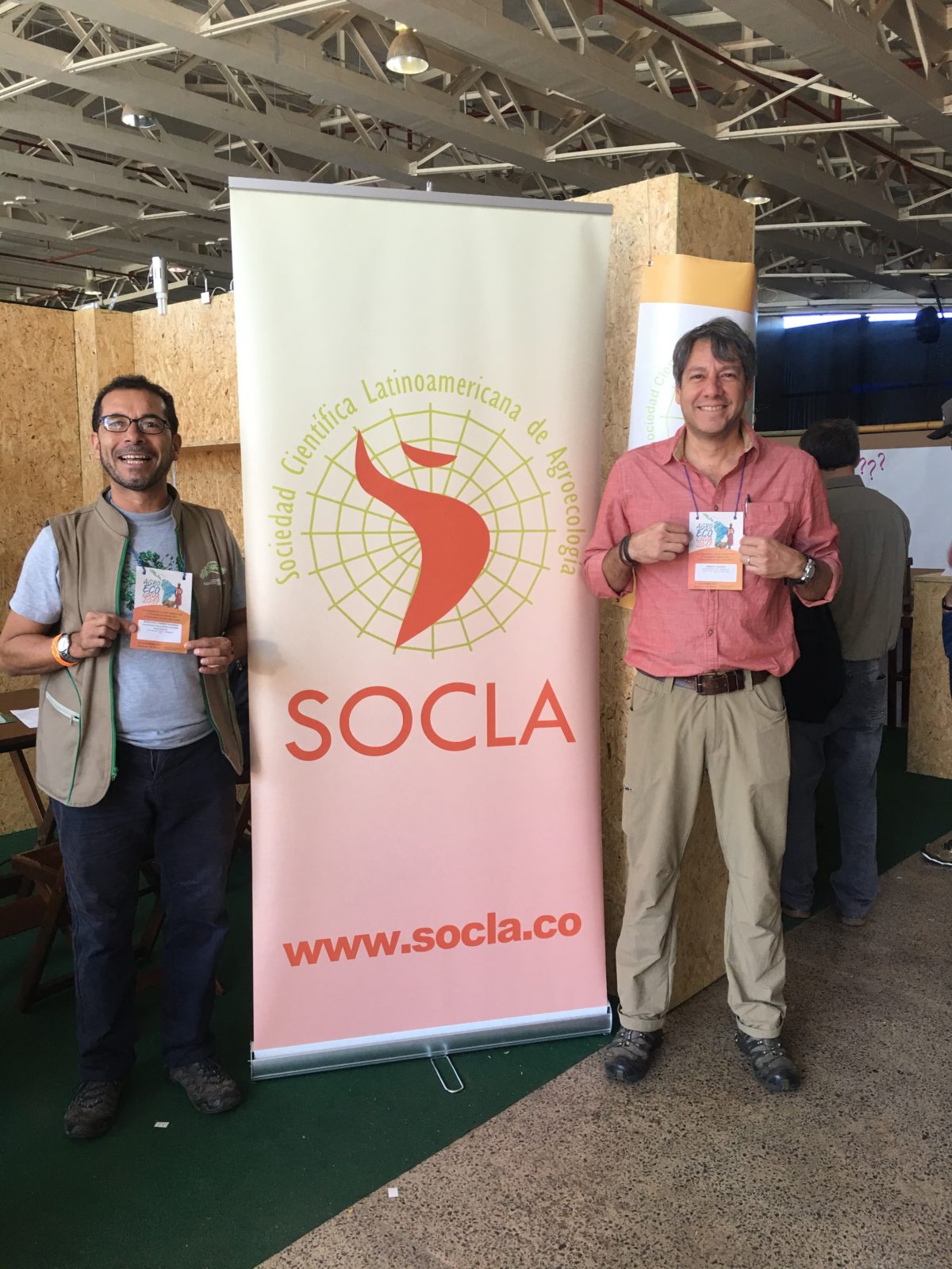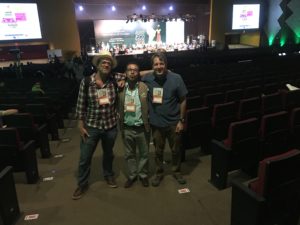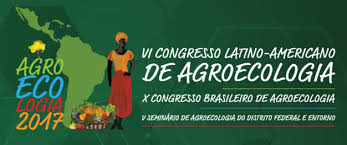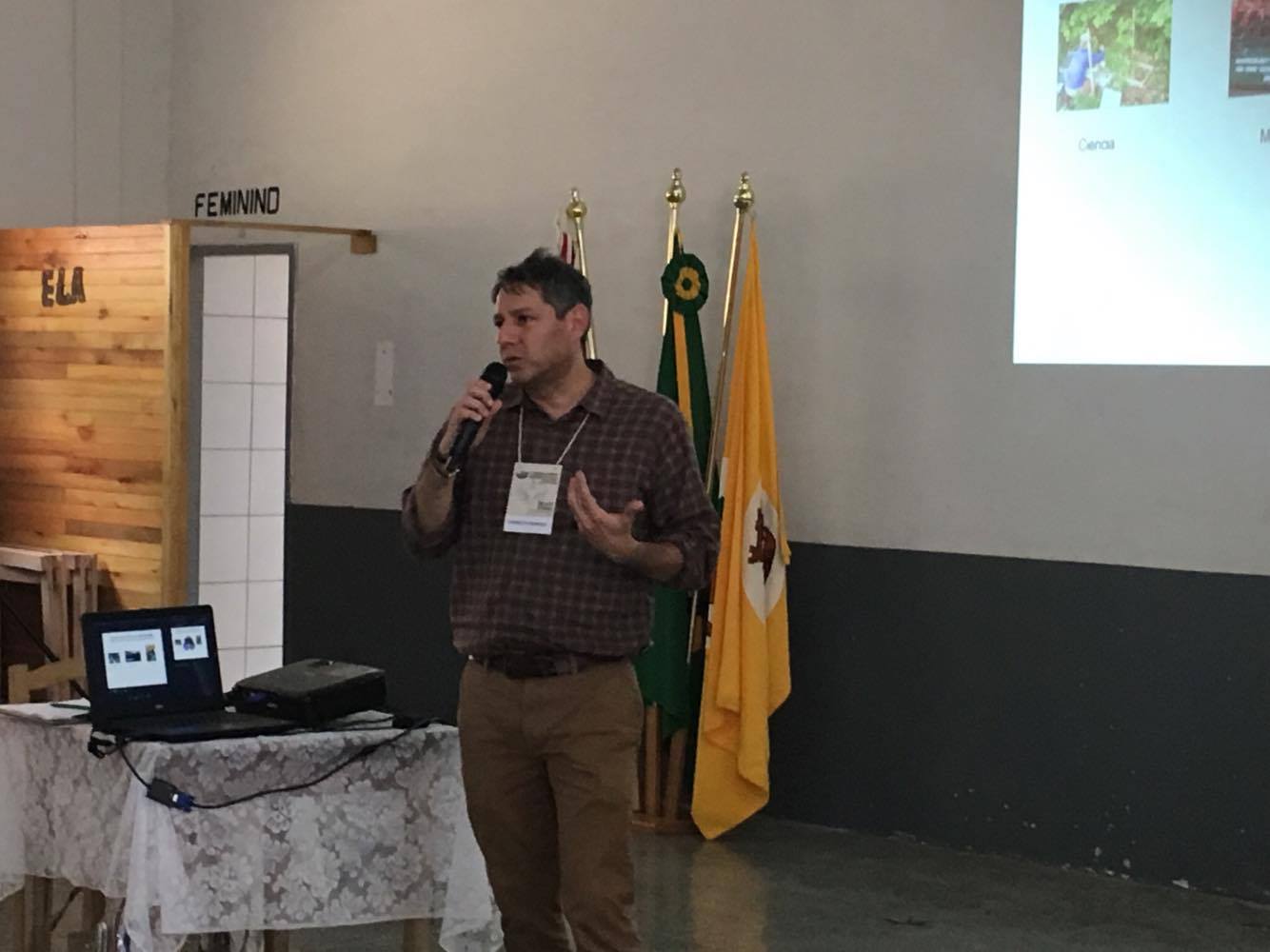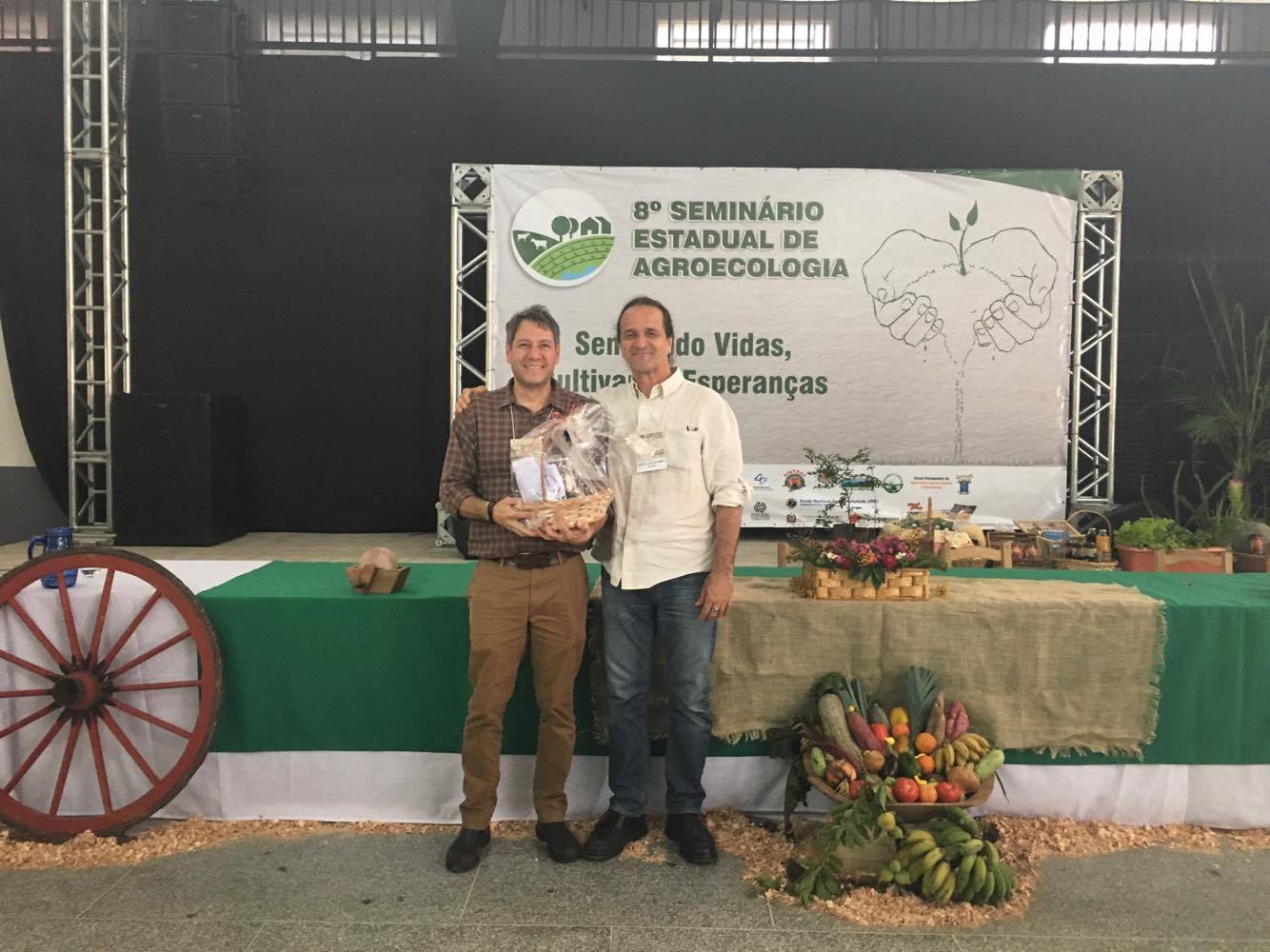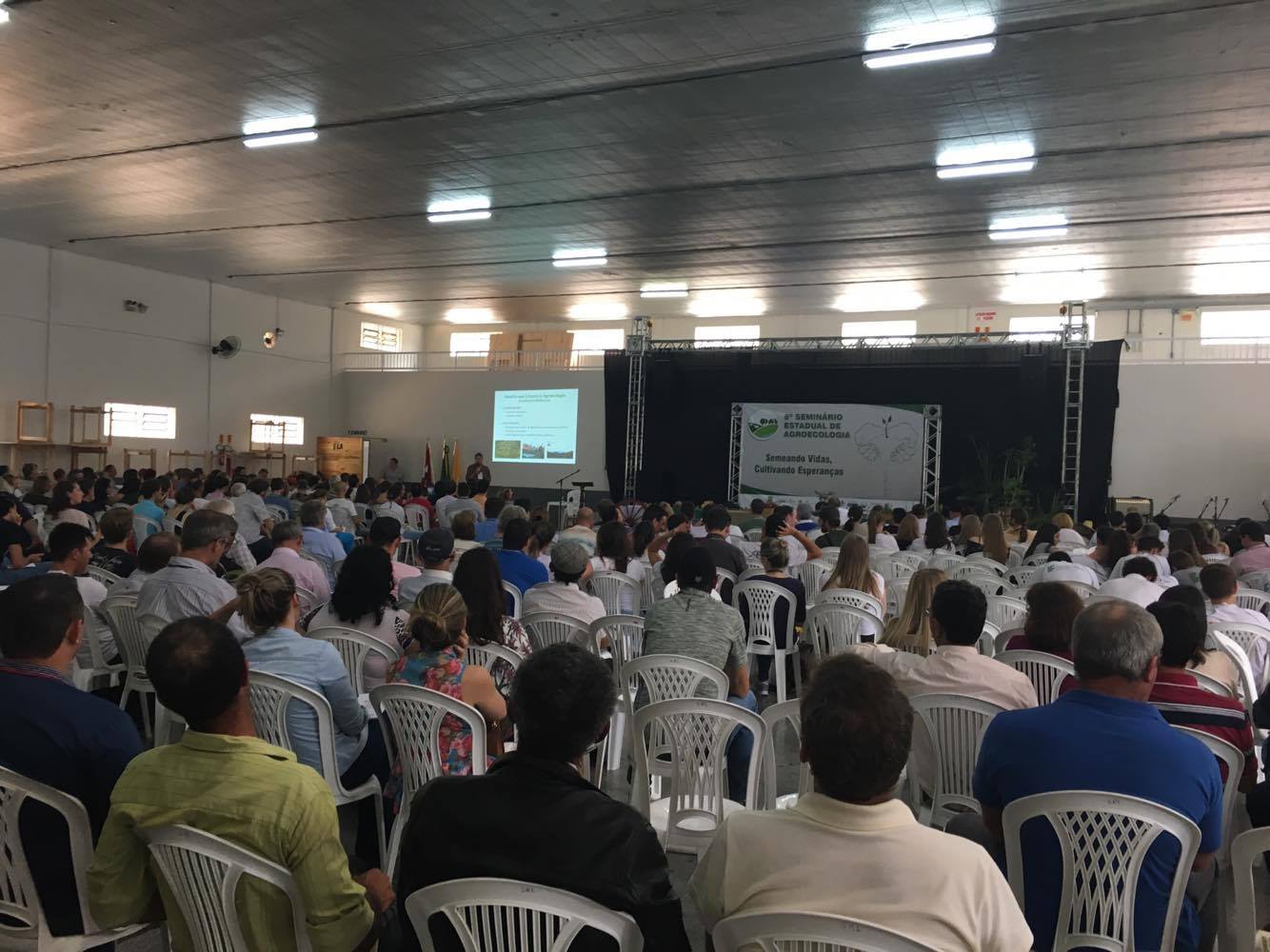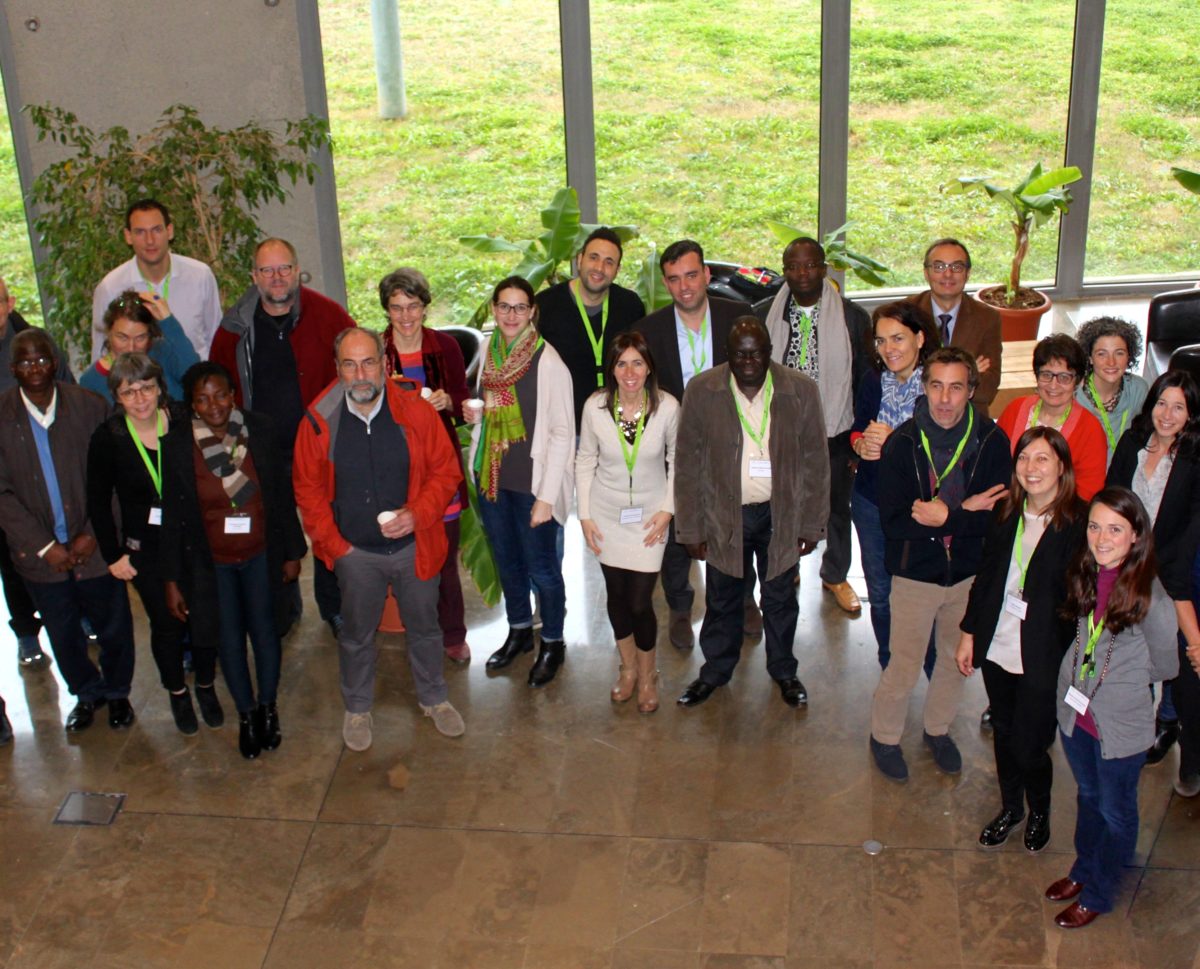From October 3 to October 9, dozens of local farmers, farmworkers, organizers and activists gathered in Greensboro Bend, Vermont, for the 2024 Short Course in People’s Agroecology, with participants from Rural Vermont, the National Family Farm Coalition, the Farmworkers Association of Florida (FWAF), the National Farmers’ Union (NFU) of Canada, Union Paysanne in Quebec, Organización Boricuá from Puerto Rico, and the Institute for Agroecology of the University of Vermont. This short course was based on the agroecological work brigade methodology that has been led by Boricuá and other organizations across the world. Learning by doing and learning through solidarity were two major pedagogical dimensions of the course.
The brigade gathered on the land of small farmers and agrarian leaders across Vermont, forming dialogue, often through opening and closing circles in which people shared their voices and developed their listening skills. Experienced practitioners spoke on themes including building and sustaining cooperatives; racial justice in Vermont and the US; mutual aid networks; challenging heteropatriarchy in farming communities; building courage and solidarity against colonialism, apartheid and genocide; integrating affordable housing into agroecological farms; harm reduction and healing from trauma; closing nutrient cycles in the food system; hen, goat, and earthworm raising; field preparation, post-harvest management; small business management; beginning carpentry; and scaling agroecology at the community level.
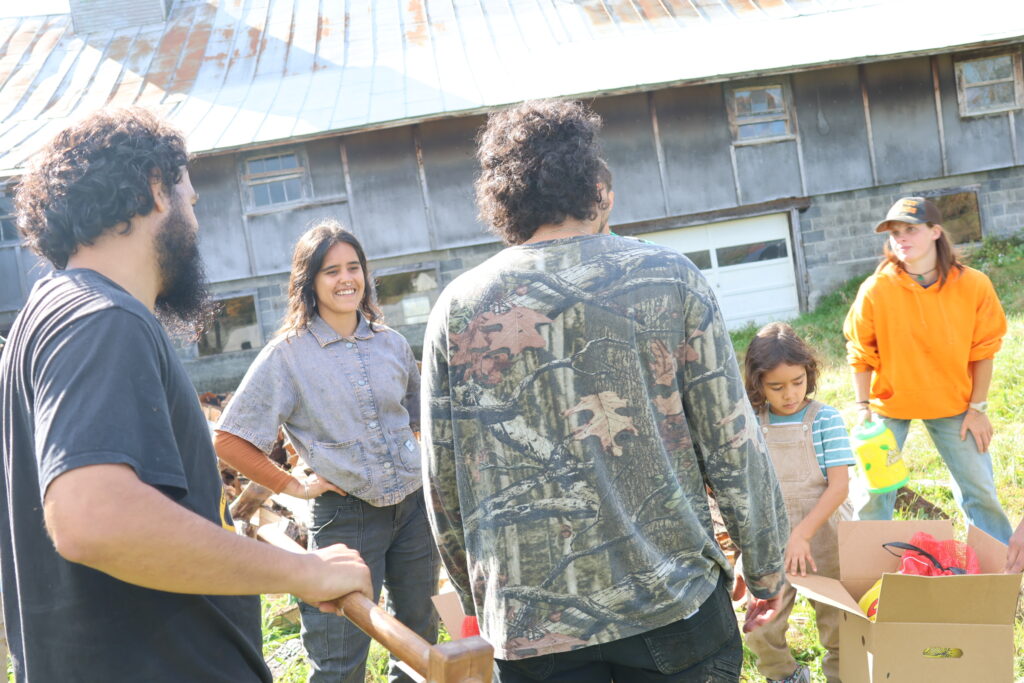
Preparing for garlic planting.
From marching on the picket lines of Migrant Justice in support of its demands for Hannaford to join the Milk with Dignity program, to joining Northeast Kingdom Organizing (NEKO) in packing a showing of the housing crisis documentary Just Getting By, the presence of the brigade was an important means of living into solidarity with the struggles for social justice in the state.
Participants learned about the housing and food crisis widely experienced by Vermont communities, struggles with land access for young farmers, and different frameworks for liberatory movements. They made art together, commemorating those killed in the Palestinian genocide and condemning the continued, direct US support of Israel through weapons, intelligence and logistics. Together, they rebuilt part of a sugar shack, planted hundreds of pounds of garlic, mucked out goat sheds, and harvested squash. They moved a lot of firewood, in true brigade formation, as the leaf colors stunned their eyes and the Northeast Kingdom received the first fall frosts. Some participants even witnessed the northern lights!
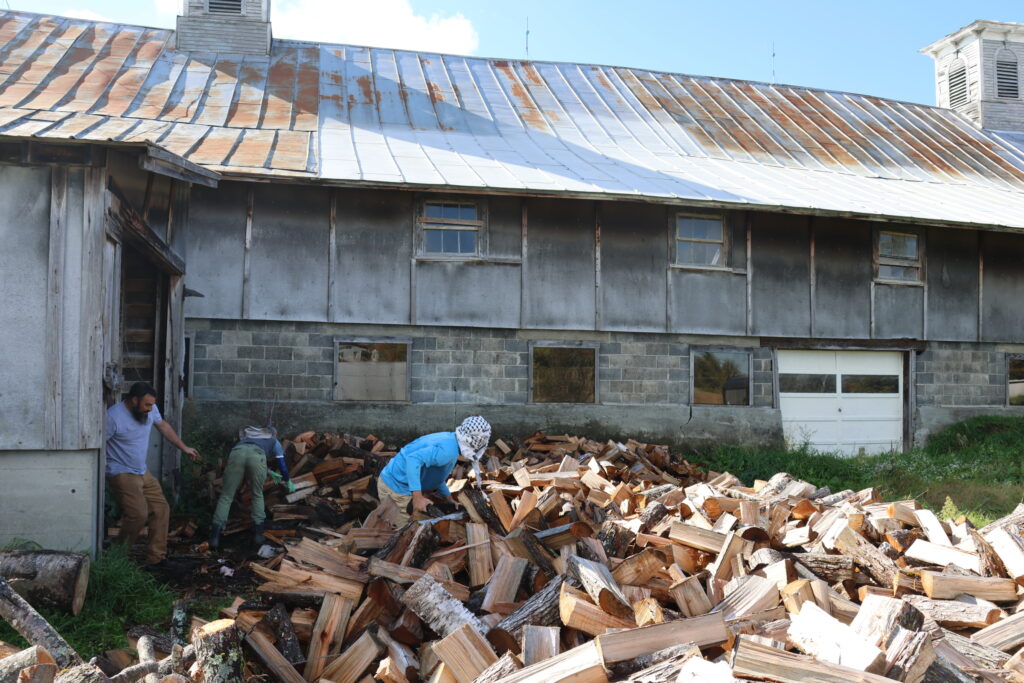
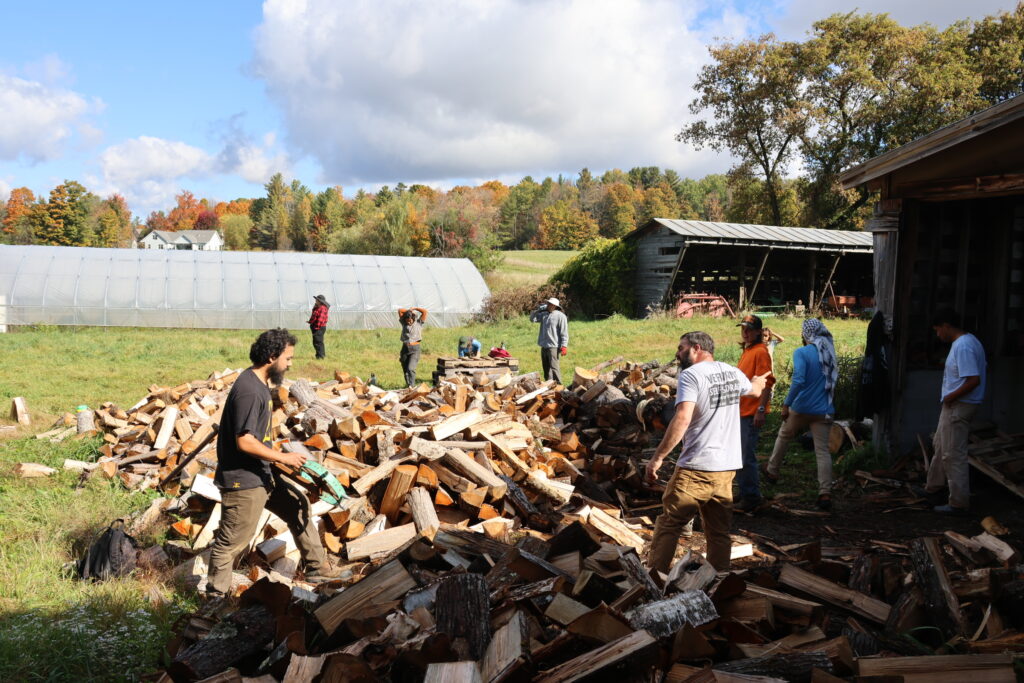
Stacking wood with a chain of participants. Many hands make light work.
With brigade visits to Wheelock Mountain Farm, Black Dirt Farm, Dawn Land Farm, Riverside Farm, Ezili’s Respite Farm and Sanctuary, Crystal Ledge Farm, Cedar Mountain Farm, and the Quechee Abenaki Gardens, there was both a tremendous generosity of time, wisdom and spirit on the part of farmers, and a new sense of movement-capacity to bring labor to concrete situations, highlighting solidarity as a real factor in small farm survival in the hostile political economy of a corporate, colonial food system.
It truly does take a village.
Wheelock Mountain Farm played the crucial role of providing shelter, kitchen, discussion space, library access, stoves and firewood, and a sense of home before, during, and after the entire Short Course.
Dawn Land Farm, Ubuntu Freedom, Black Dirt Farm and Riverside Farm offered educational content and teaching time. Riverside Farm, FUSDA, Bear Roots Farm, and Sweet Rowan Farm provided healthy and delicious food. Russell Maroon Shoatz III provided cooking expertise throughout the week. Sage Mountain offered a passenger van for transportation across the state. The Institute for Agroecology (IFA) provided logistical, programmatic and pedagogical support throughout. The member organizations of Via Campesina North America and Via Campesina Caribbean Region made a major effort to be present, even as a hurricane was bearing down on the US South and Caribbean geographies. And of course, many people who were not present gave their time to taking care of children, homes, organizations, families and farms so that those who were there could be present. A large part of building change from the grassroots is learning and understanding how many actors must come together, give the best of themselves, and feel good about a process.
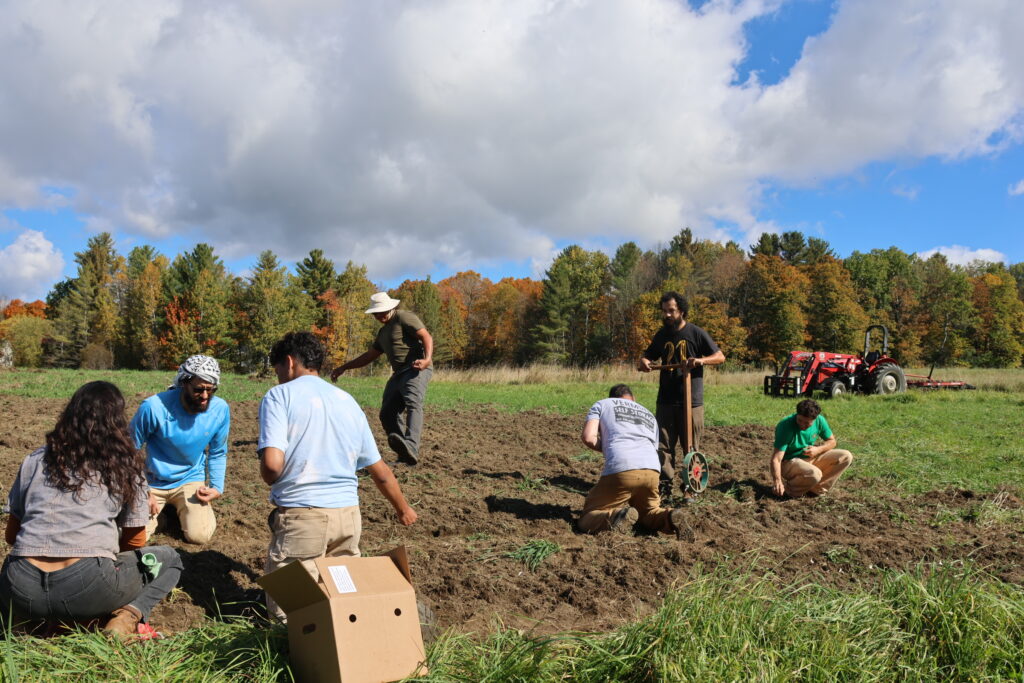
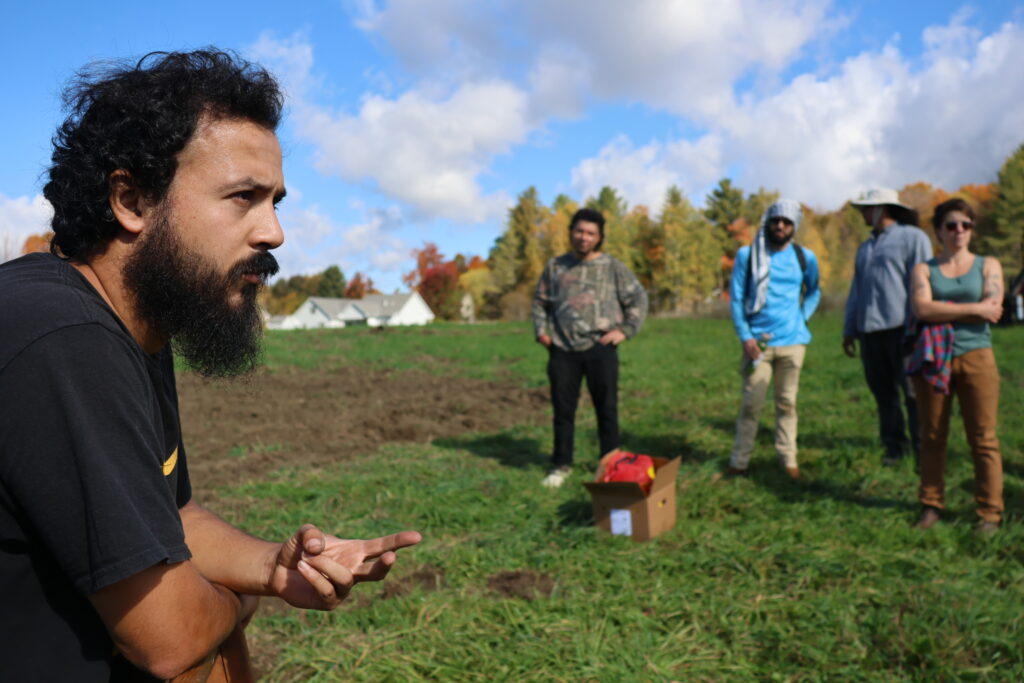
tanamá varas teaches the brigade about garlic planting, and everyone gets to work!
The participants in the 2024 Short Course in People’s Agroecology learned with and from one another while deepening their relationships and connection through shared work, political analysis, and a vision for a better world. Together, they wrote a declaration following the time they spent together.
DECLARATION OF THE 2024 SHORT COURSE IN PEOPLE’S AGROECOLOGY:
This past week the People’s Agroecology School, a project of Rural Vermont, held the 2024 Short Course in People’s Agroecology – a place where people from Vermont, Florida, California, Quebec, Ontario, Bkwejenong, Nicaragua, Costa Rica, Puerto Rico and beyond congregated to discuss Agroecology and its political implications.
We visited and worked side by side with farmers from Barre, Groton, Greensboro Bend, Stannard, Bethel, Hartland, and Queechee, where we were able to hold spaces of hard work, play, reflection, and exchange of ideas.
Working together shoulder to shoulder, we realized that we all share similar struggles.
No matter where we come from, we are affected by the 800 military bases that the US has around the world, with their price tag and their impact on global peace, global resistance, and global warming. US-initiated wars since 2001 have caused the death of over four million human beings, and there have been 250 US military operations since 1992, causing untold suffering. The US military alone emits more CO2 than any other single entity on the planet.
The US commitment to war, domination of land and water resources, and profit margins for corporations, is suffocating our planet. Since January 2023, there have been 153 declarations of major disaster in the United States alone. Climate-driven disasters are on the rise at an astonishing rate across the world. The determination of the United States to prevent alternatives to the capitalist model takes place as the planet’s self-regulating mechanisms are being overwhelmed. Tax dollars kill!
Agroecology is so much more than farming; it’s about building community. We are all part of something much bigger than ourselves. This is why we cannot turn away from the fact that our brothers and sisters in Palestine need our support. As Rural Vermont clearly articulated in its Letter to the Editor to the Vermont weekly Seven Days on October 9, asking local organizations to show support for Palestine, we need to open our hearts and have honest conversations around this issue. The Israeli occupation must end, and US support for Israeli apartheid and genocide are unconscionable.
Agroecology connects us with community, in equality and solidarity, as well as with our surroundings and the land. When we take care of the living soil sponge, of our Earth Mother and our kind, together we can have bountiful crops, absorb atmospheric carbon and rainfall, and work towards decolonization of our minds and practices. The mindset of domination, elimination, and othering can be countered by a belief in ourselves, our diversity, and the fertility of our world. We need each other, just as we need the microbial communities in our bodies and in our soil. We need the vast variety of life and landscape, fields and friends, pollinators and people, to remember who we are and where we belong.
Vermont has experienced three hundred-year floods in 13 months, Florida has been hit by two major hurricanes in 13 days, and Puerto Rico has been impacted year after year with increasingly severe tropical storms. Droughts are longer, floods are more severe. All of our territories are being affected, and this is just the beginning of the terrible changes to our climate that colonialism and capitalism are unleashing. We choose agroecology as a means to keep being human and take care of our families and communities as our climates change.
Housing is a human right. Our food is our freedom. We are our environment. When we struggle for our own rights to access land, nourish each other without toxic chemicals, ban cancer-causing pesticides, practice natural and traditional medicine, speak from the heart, take care of our neighbors no matter where they were born or what languages they speak, demand that police end their reign of terror against black and brown communities, organize for the release of political prisoners, and put forward a platform for a just transition from the extractive, fossil fuel economy to a regenerative, loving and restorative model, we grow in humanity, health, and responsibility. Vermonters, please support your local farmers and join groups supporting mutual aid networks and working towards our collective wellbeing.
Members of the People’s Agroecology School of Vermont will be facilitating a workshop at the October 19 Conference for the Struggle for Land and Liberation, hosted by the Vermont Coalition for Palestinian Liberation, from 10am to 7pm at the Old North End Community Center in Burlington. The workshop will be focused on land struggles, food sovereignty, movement building, and solidarity from farmers’ perspectives. Other workshops will be led by groups in Vermont working in prison abolition, migrant justice, LGBTQIA+ liberation, and more. Everyone should leave this conference with at least three concrete actions they can take to materially impact the situation in Palestine. Each group leading workshops will make clear how the struggle for Palestinian liberation is relevant to the people who organize with them – nothing is relevant if you do not take action.
The 2024 Short Course in People’s Agroecology reminded us of a phrase of Rachel Carson– the sense of wonder. After these days of collective labor, deep conversation, and community caretaking, we stand in awe of all of you, the forests, and of ourselves, as we carry so much history in our hearts and responsibility in our hands. We can support each other to build a new way forward, with food sovereignty, agroecology, land to tend, and love in our eyes. Being together on this Earth is enough reason to celebrate, cooperate, commemorate, and fight like hell for an end to war, occupation, abuse and exploitation. Vermont, may you sing a rebel song!

The crew gathers for a photo after a day of building community and supporting one another.

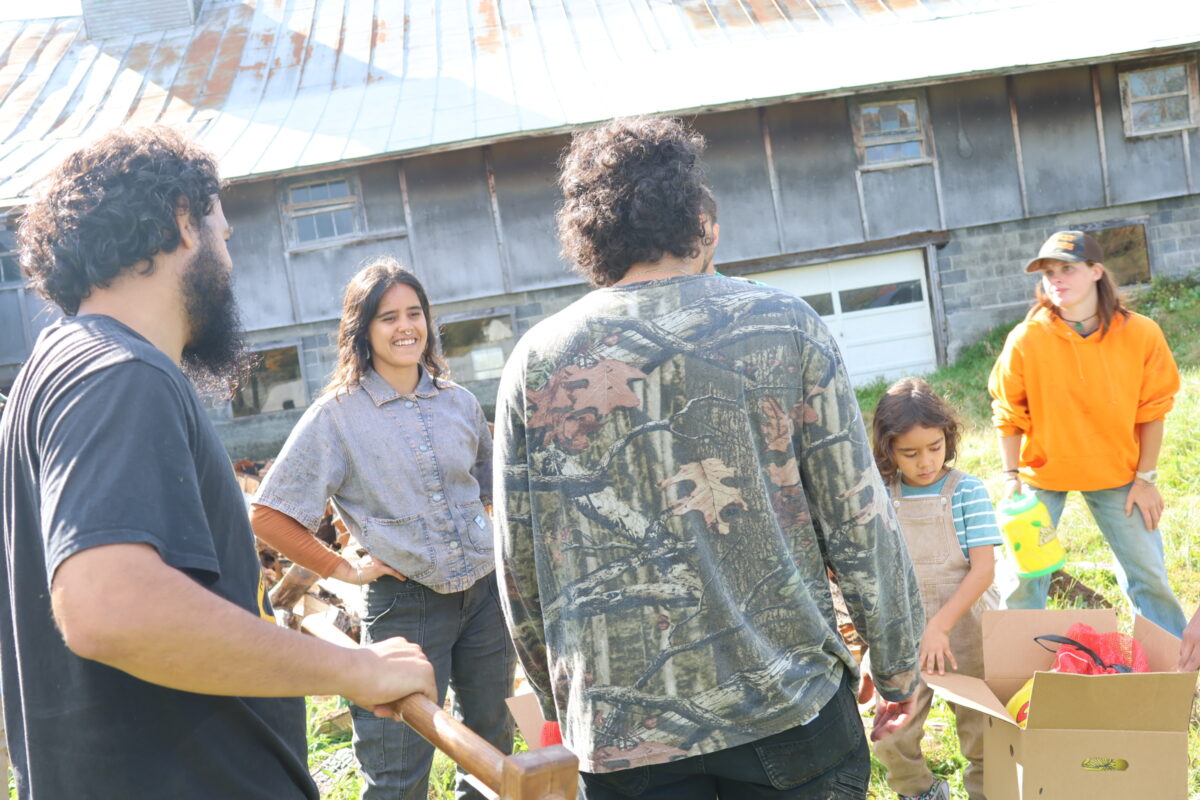
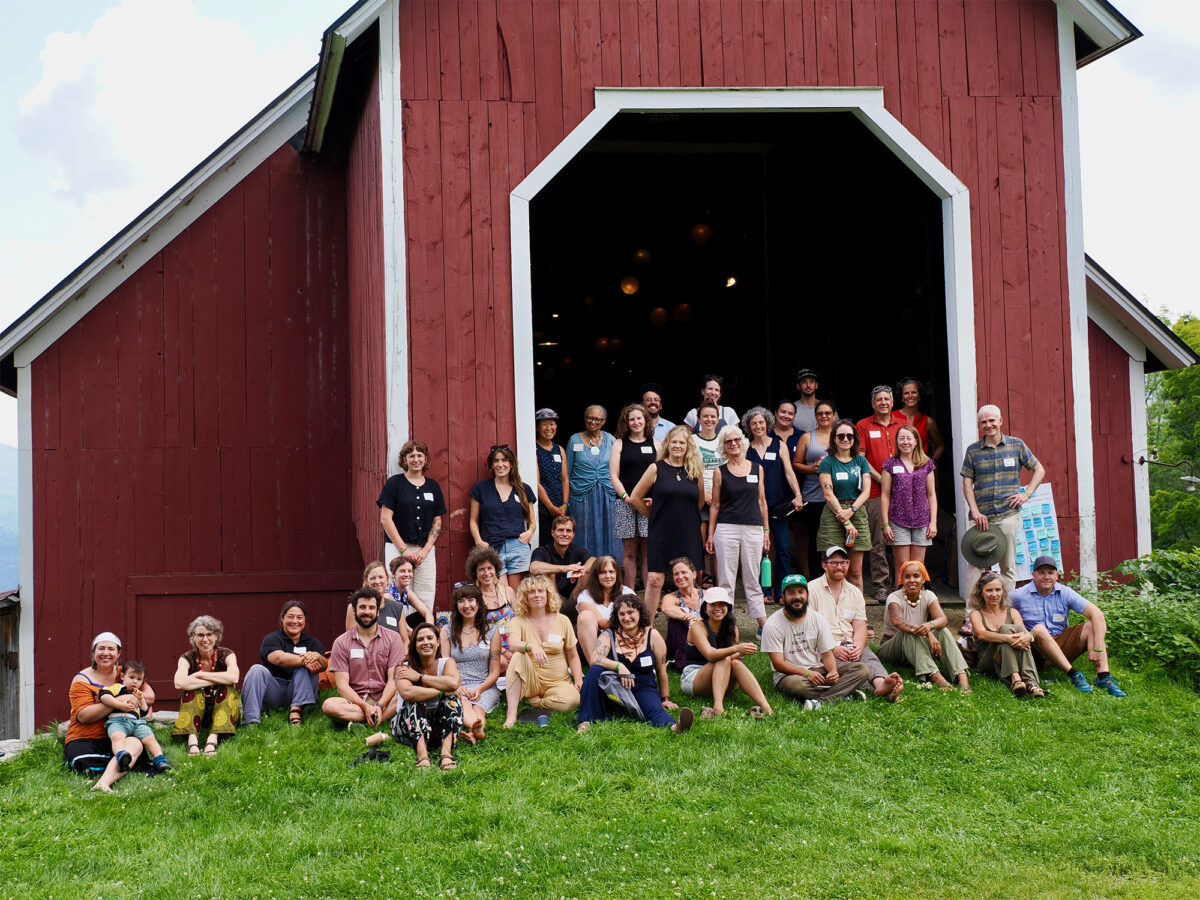
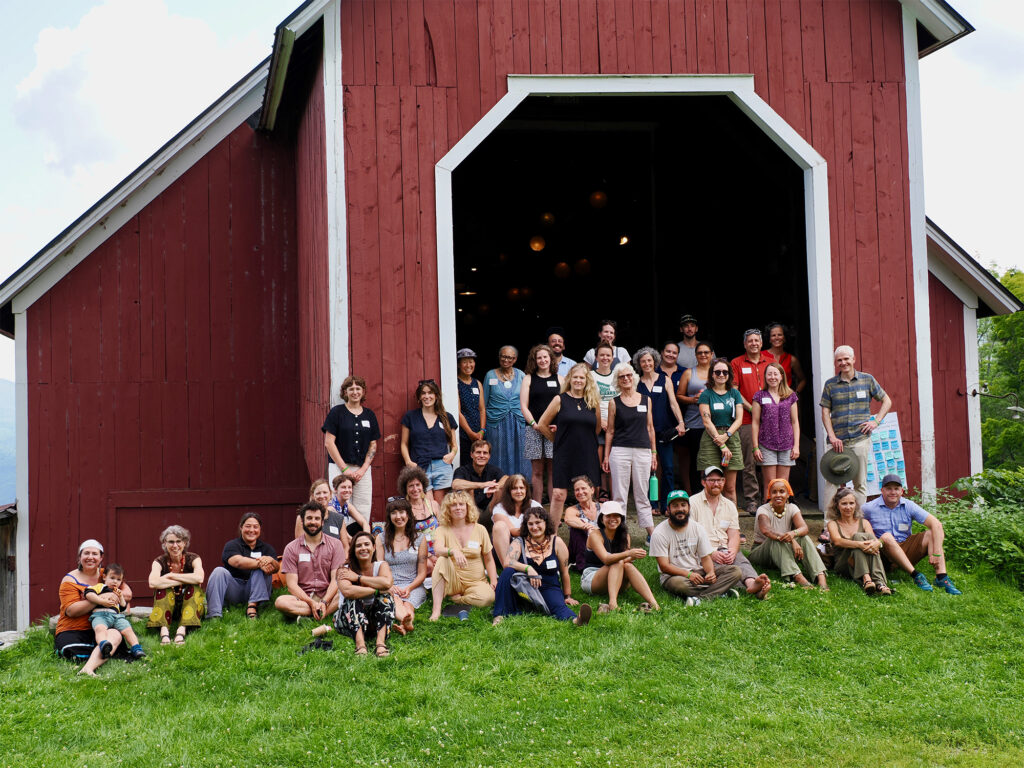
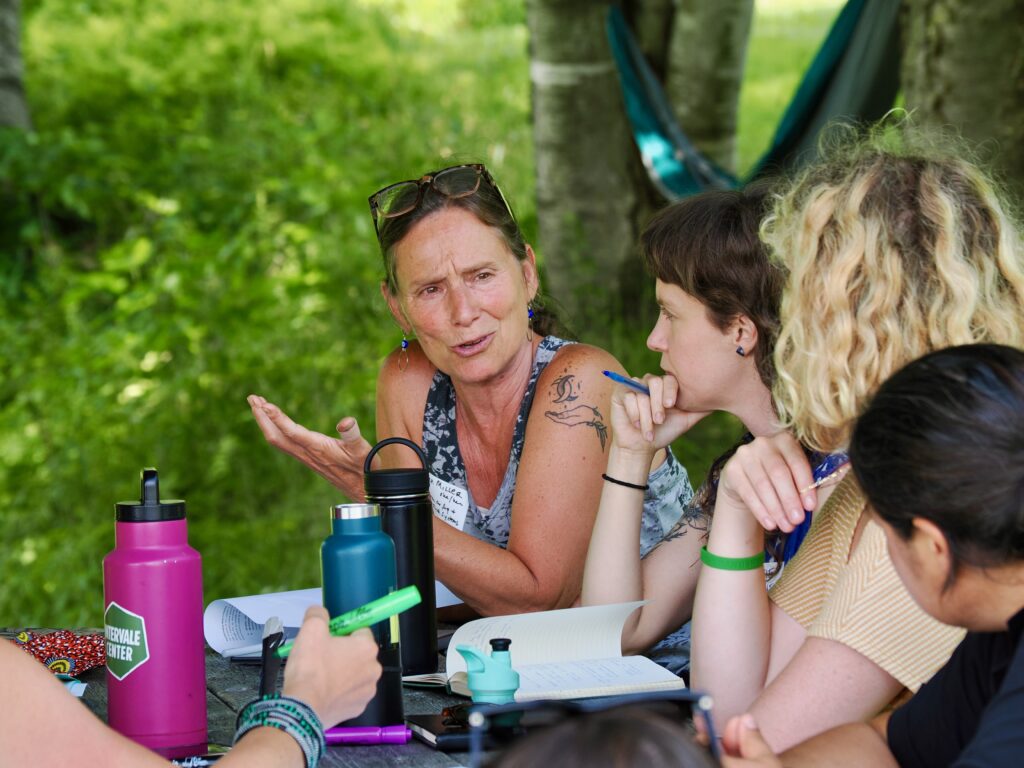
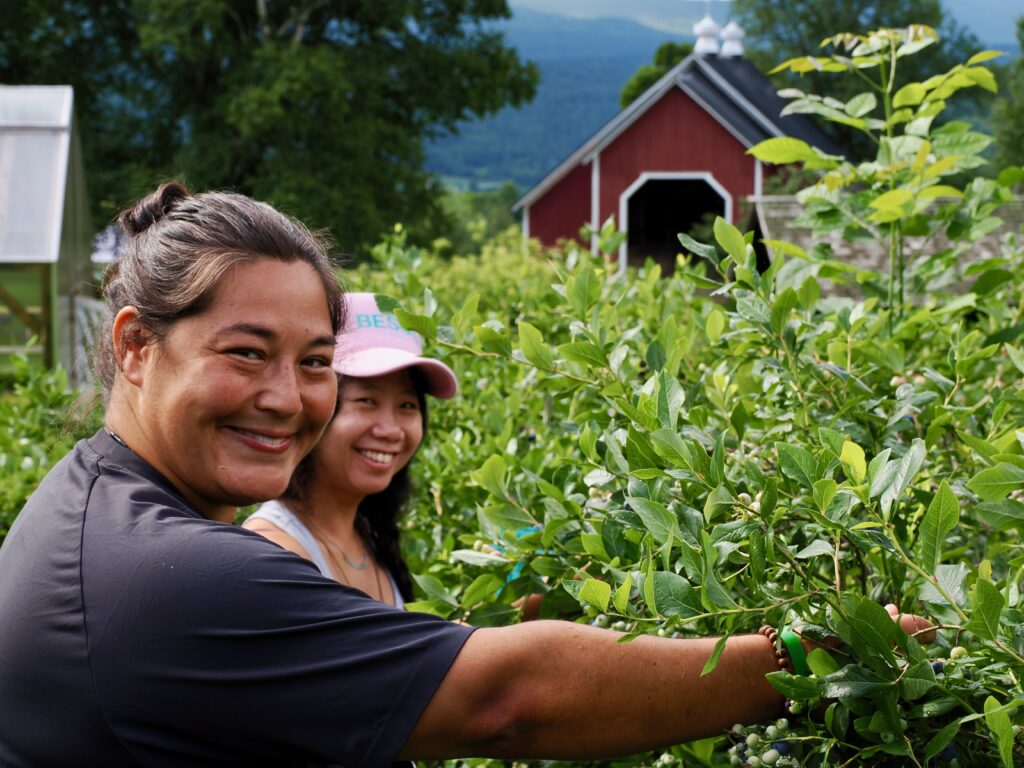
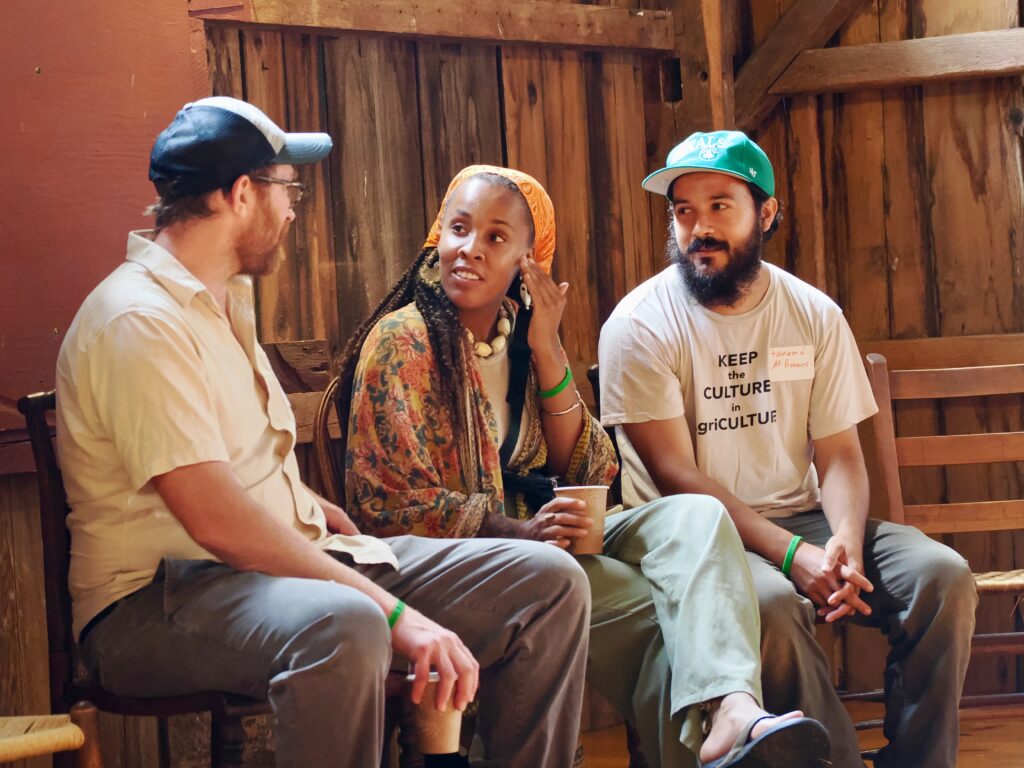
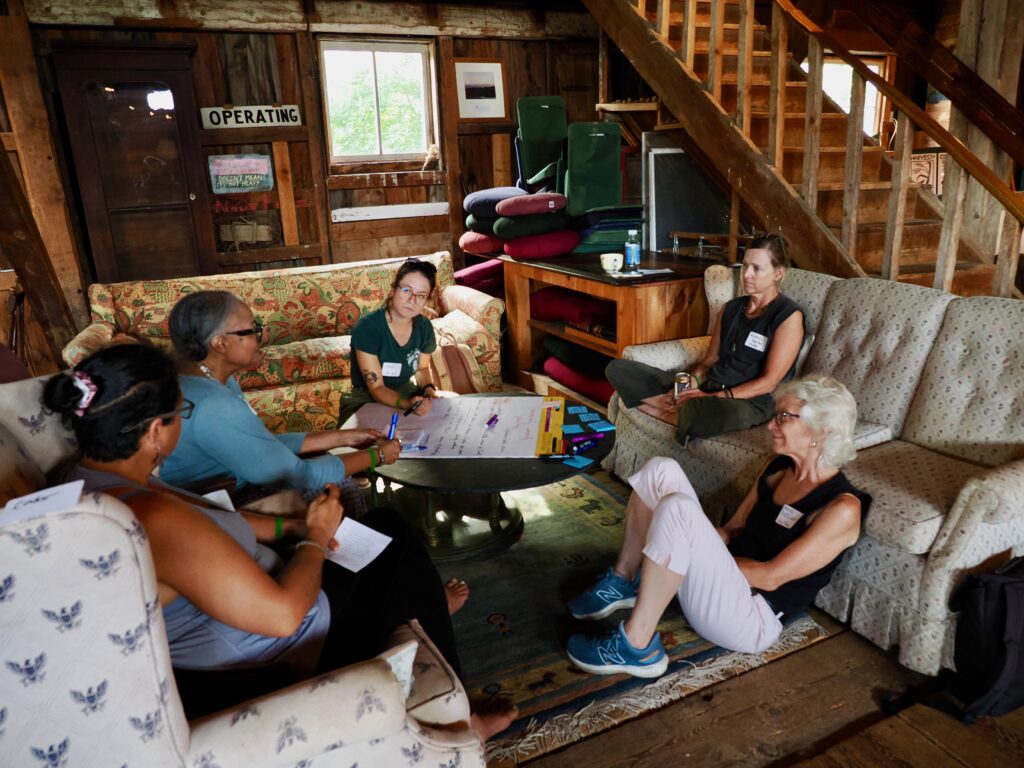
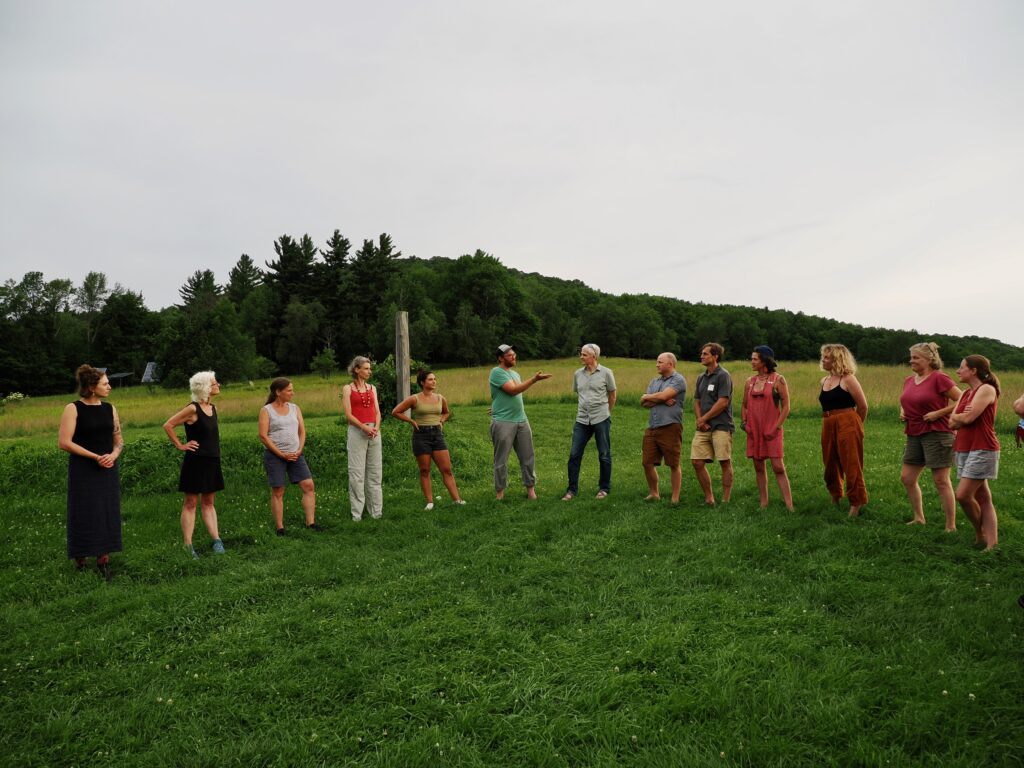

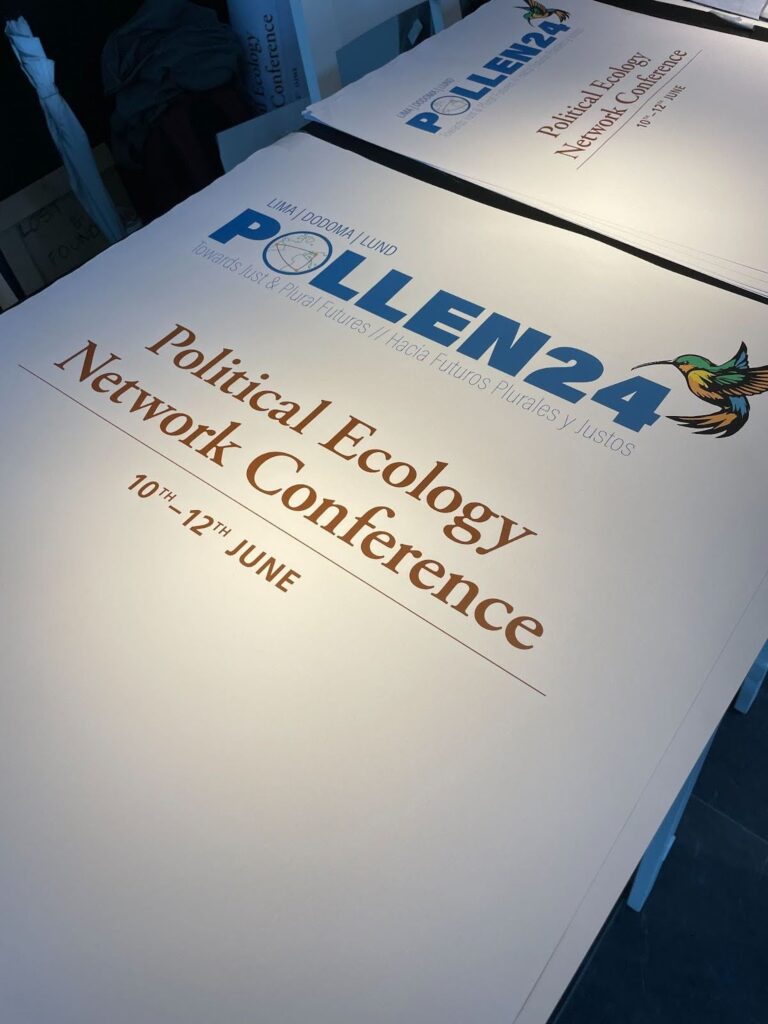
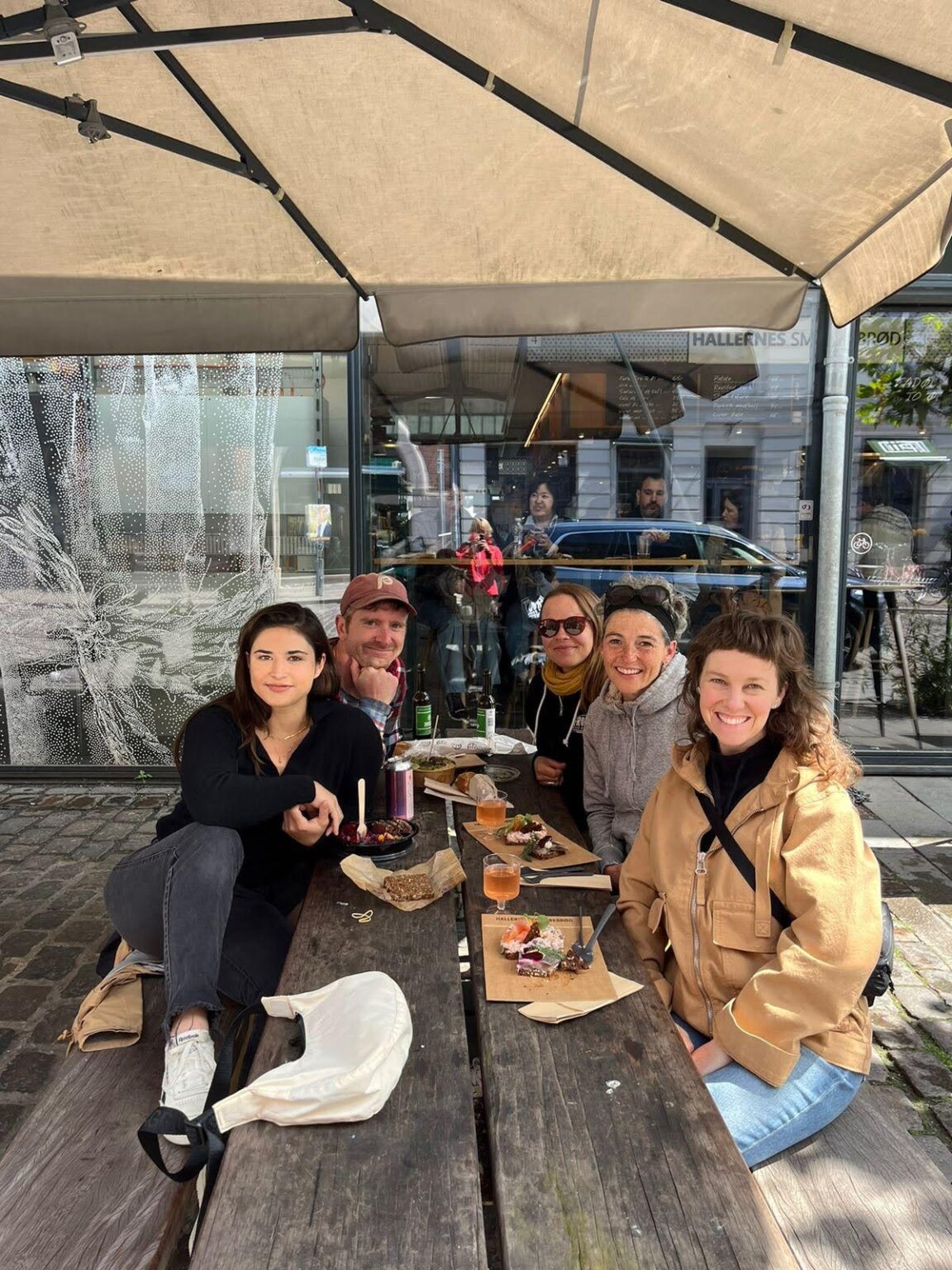
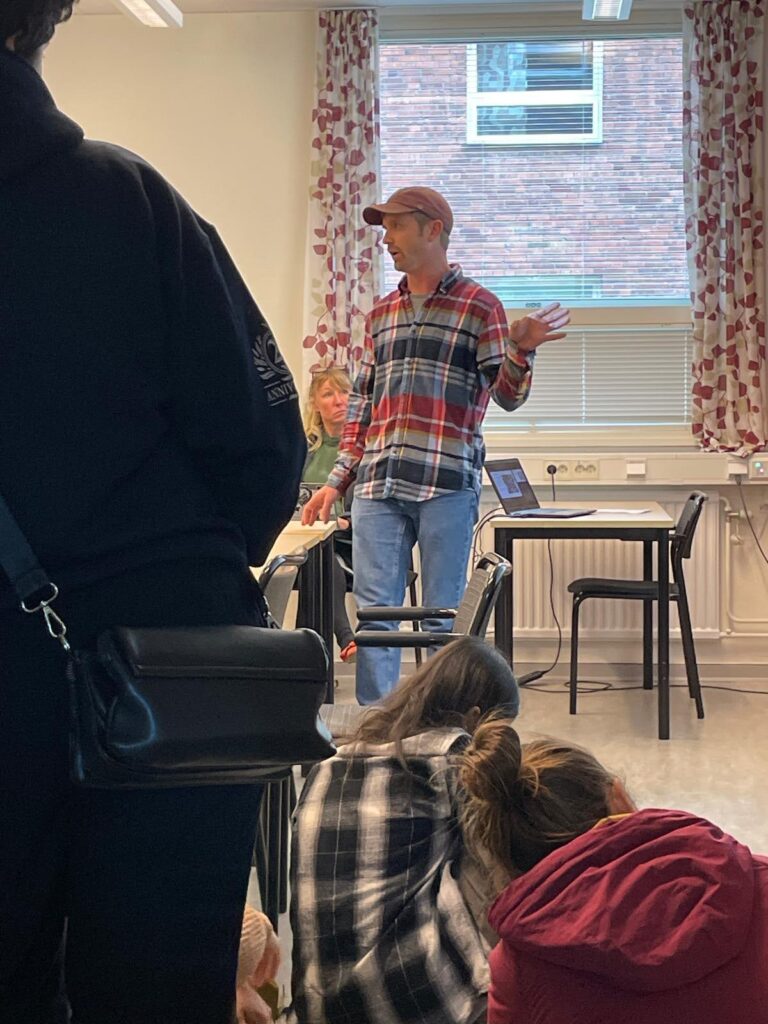

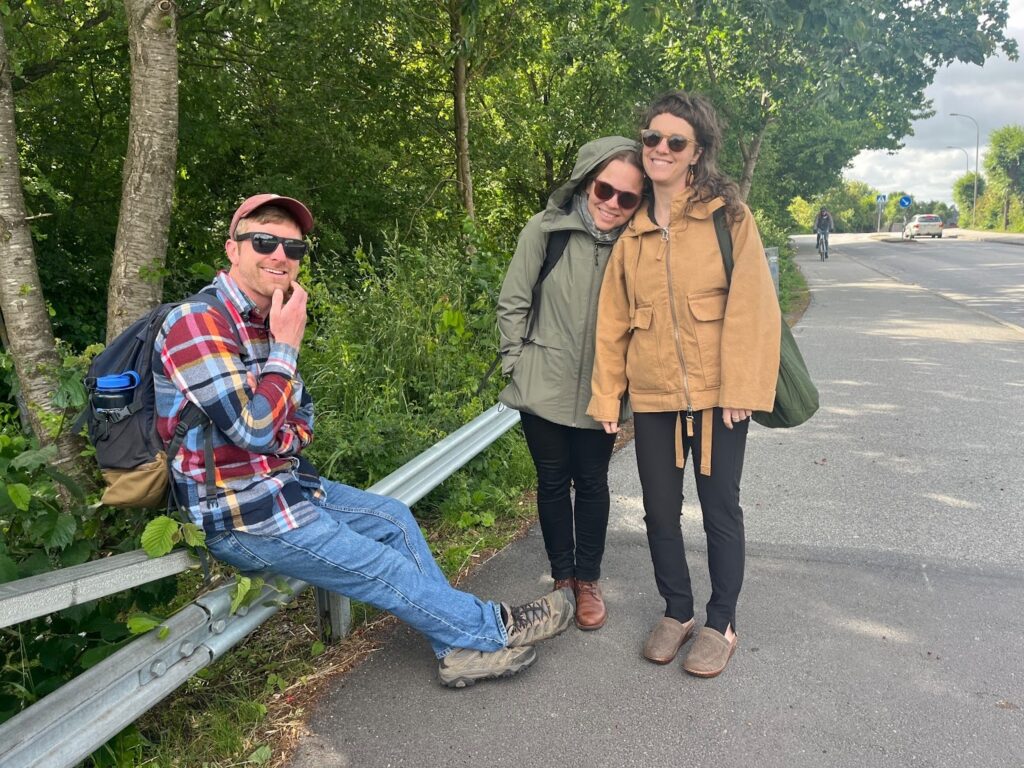

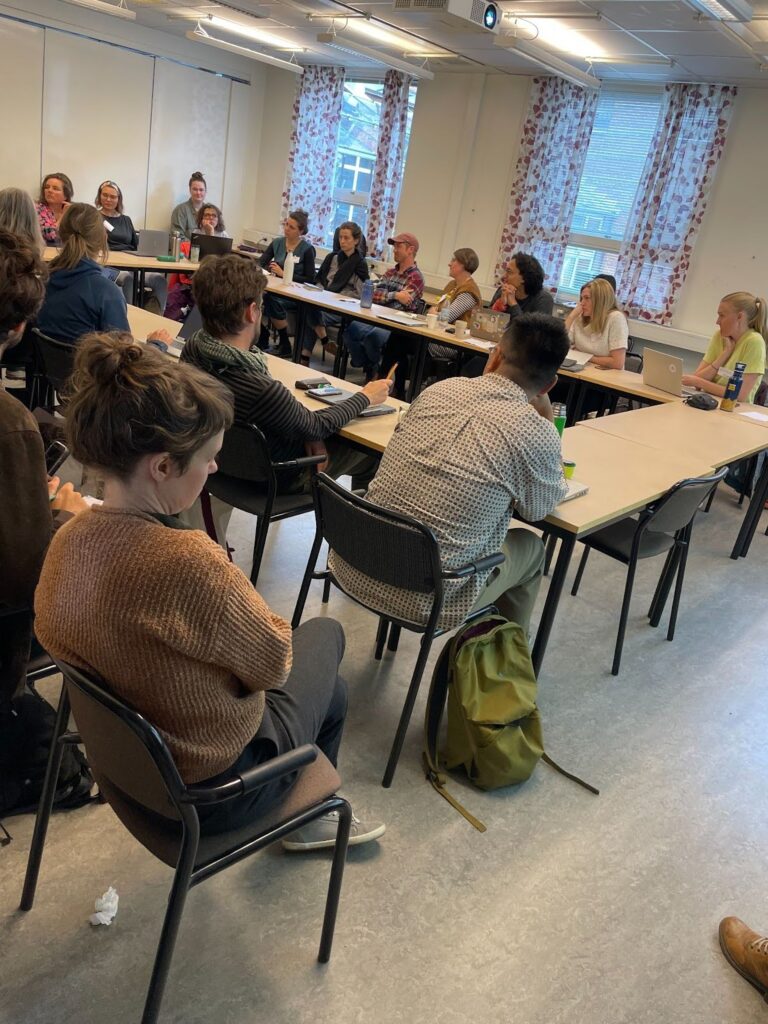
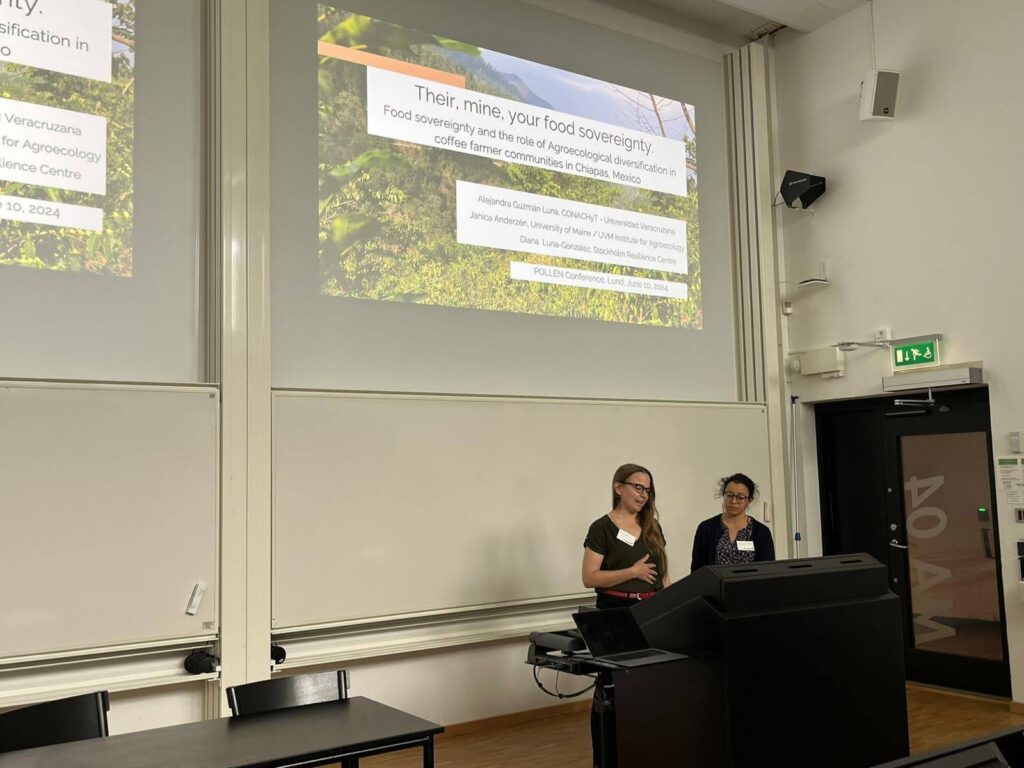
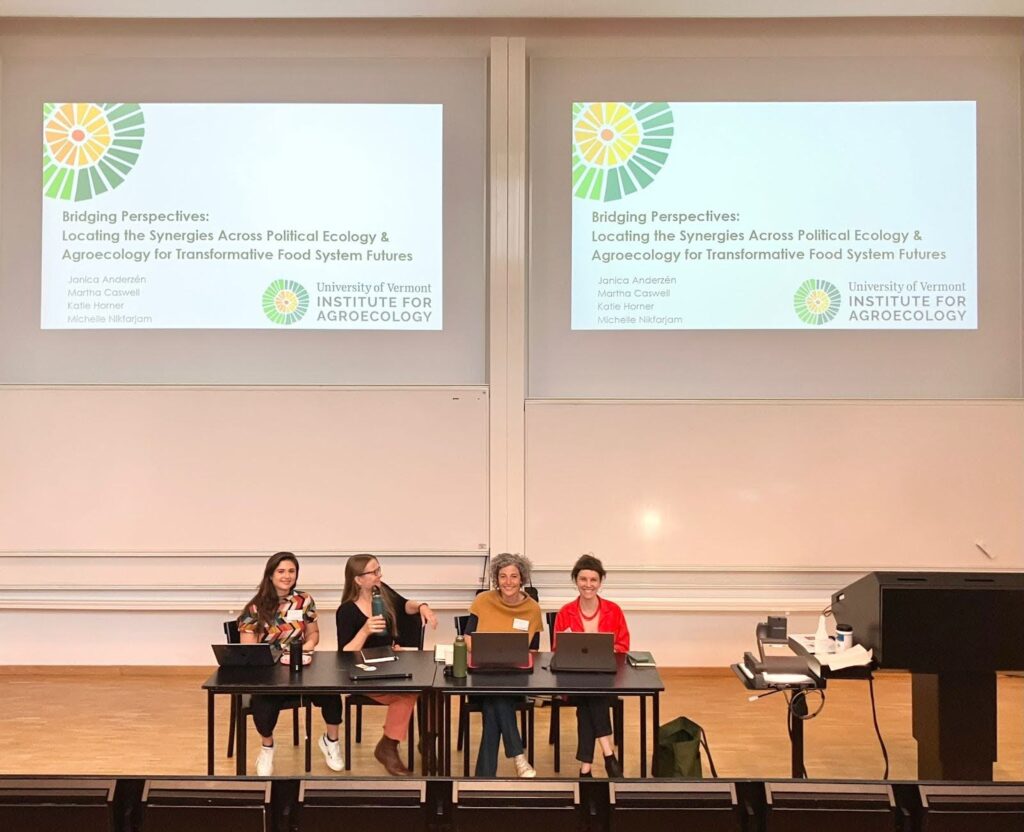
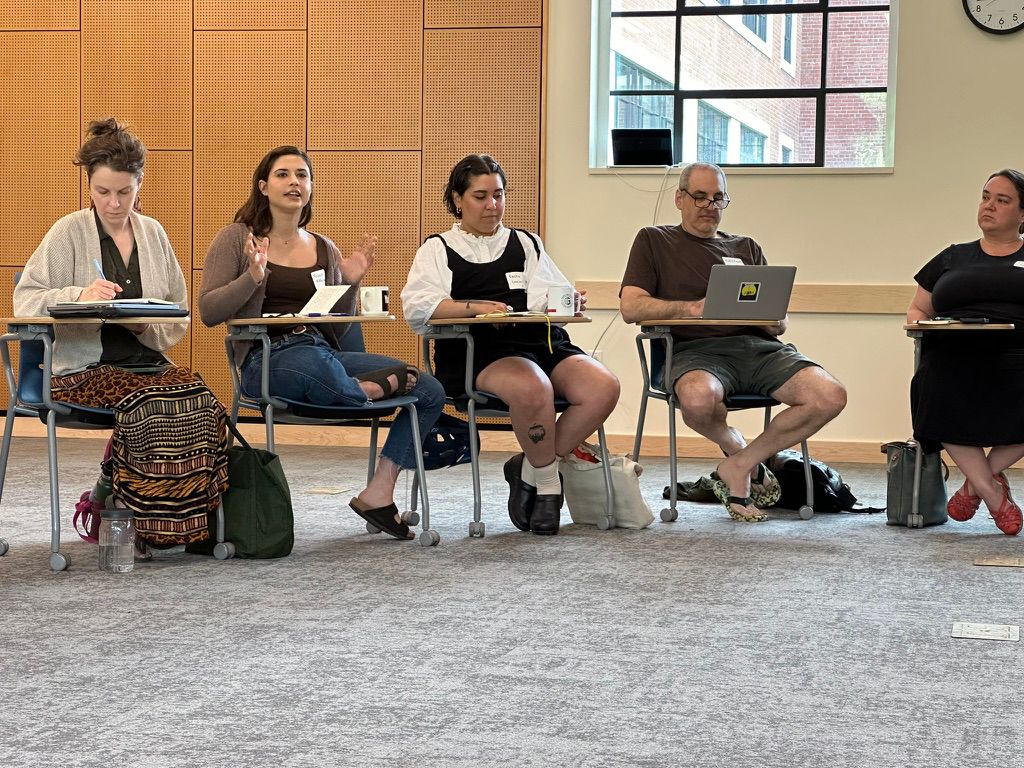
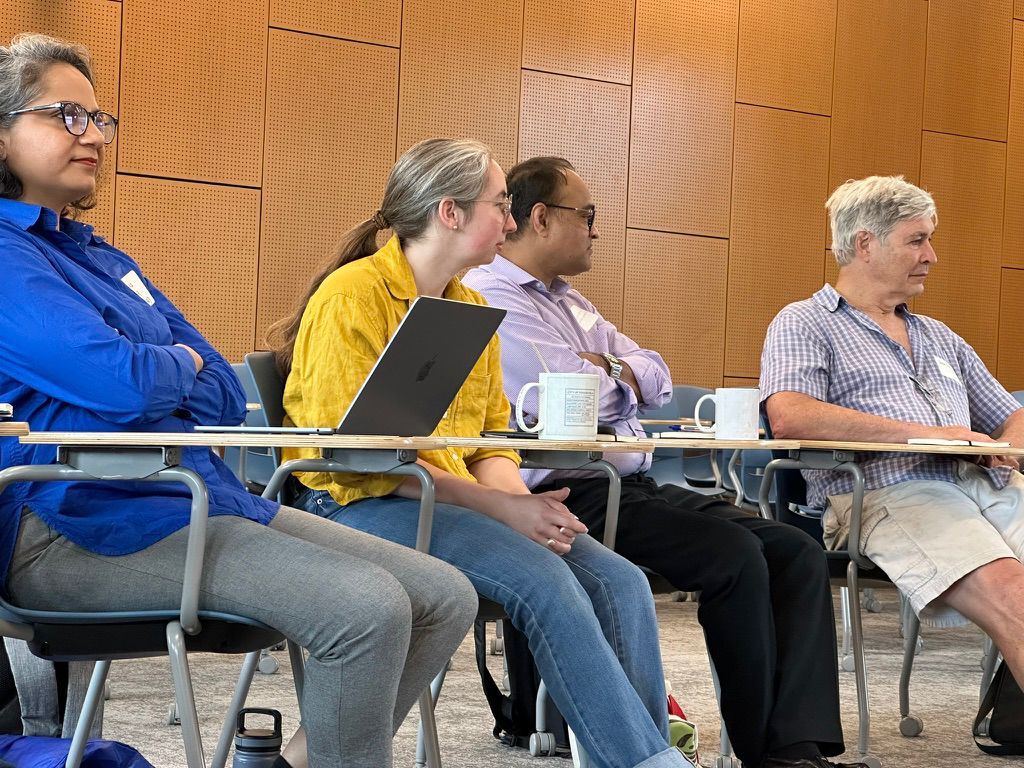

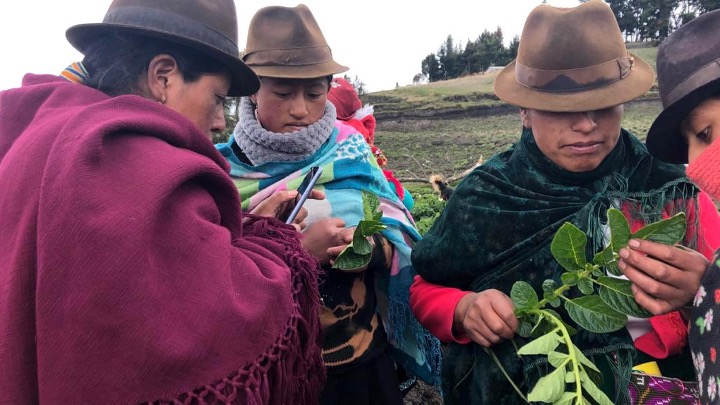

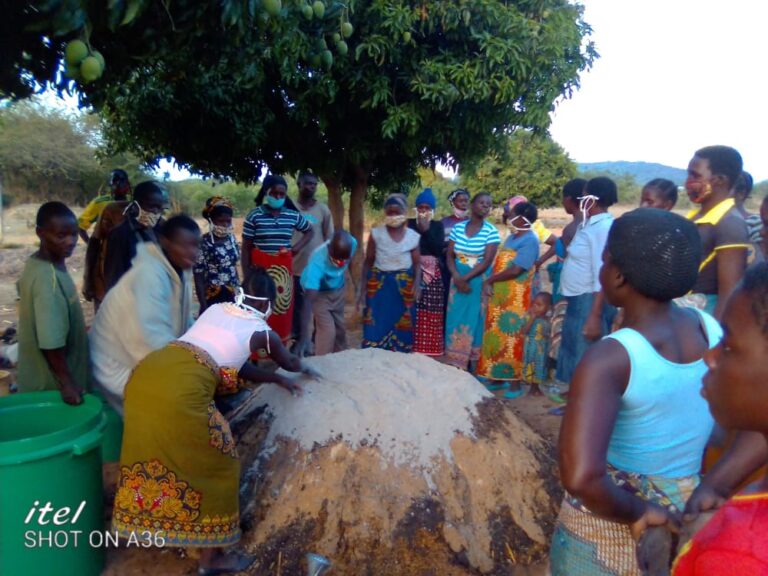
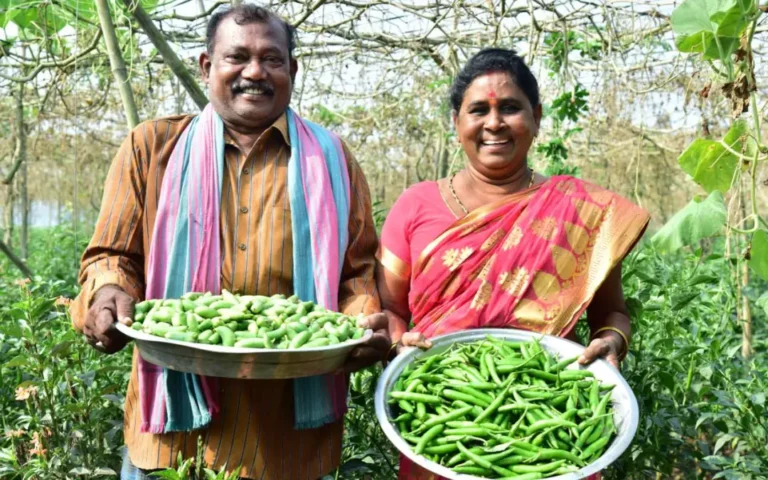
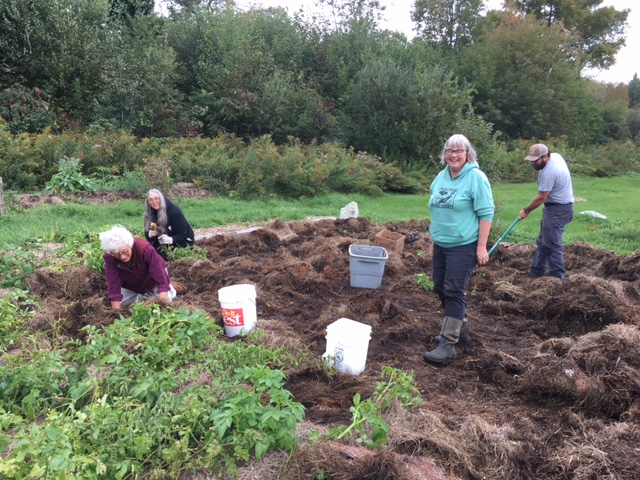
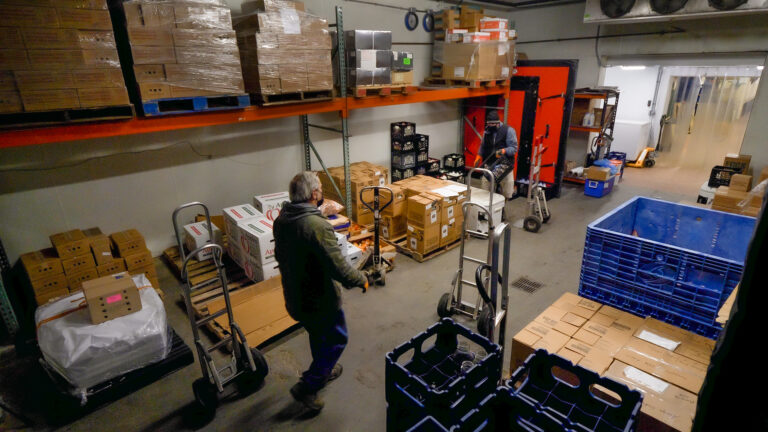
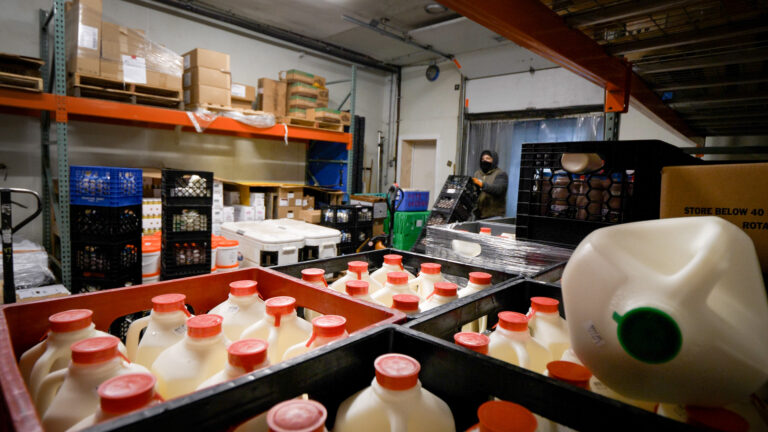
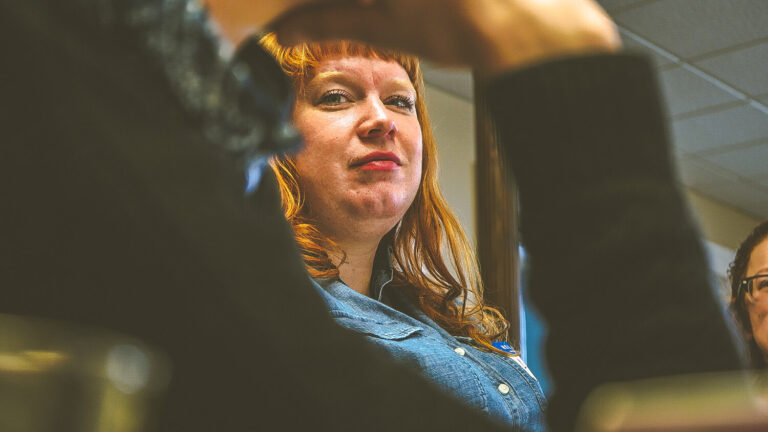
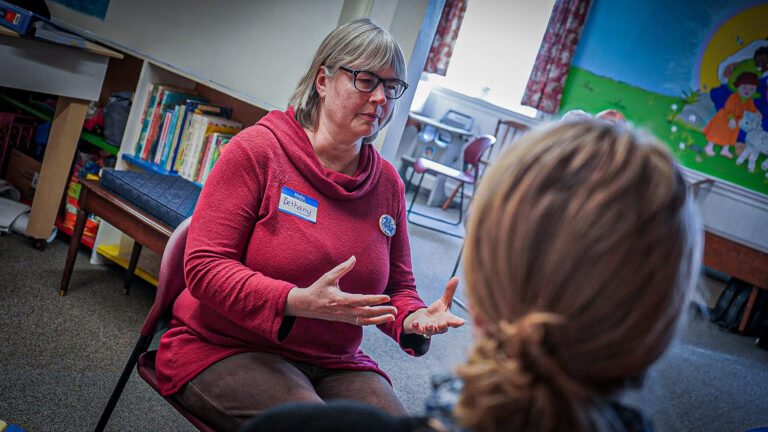
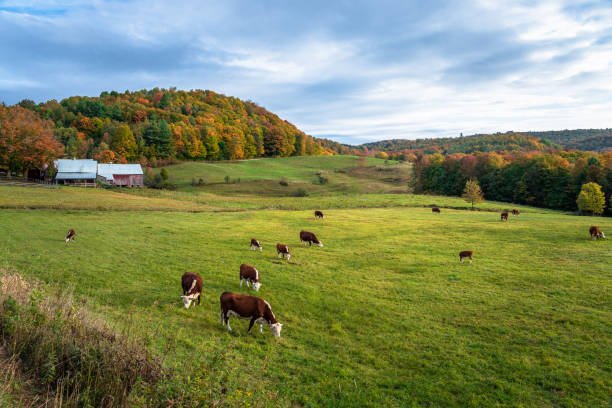
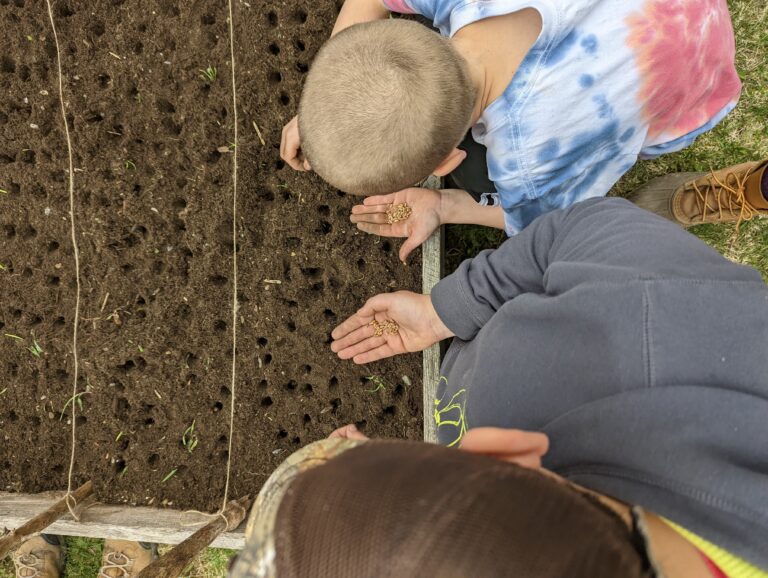
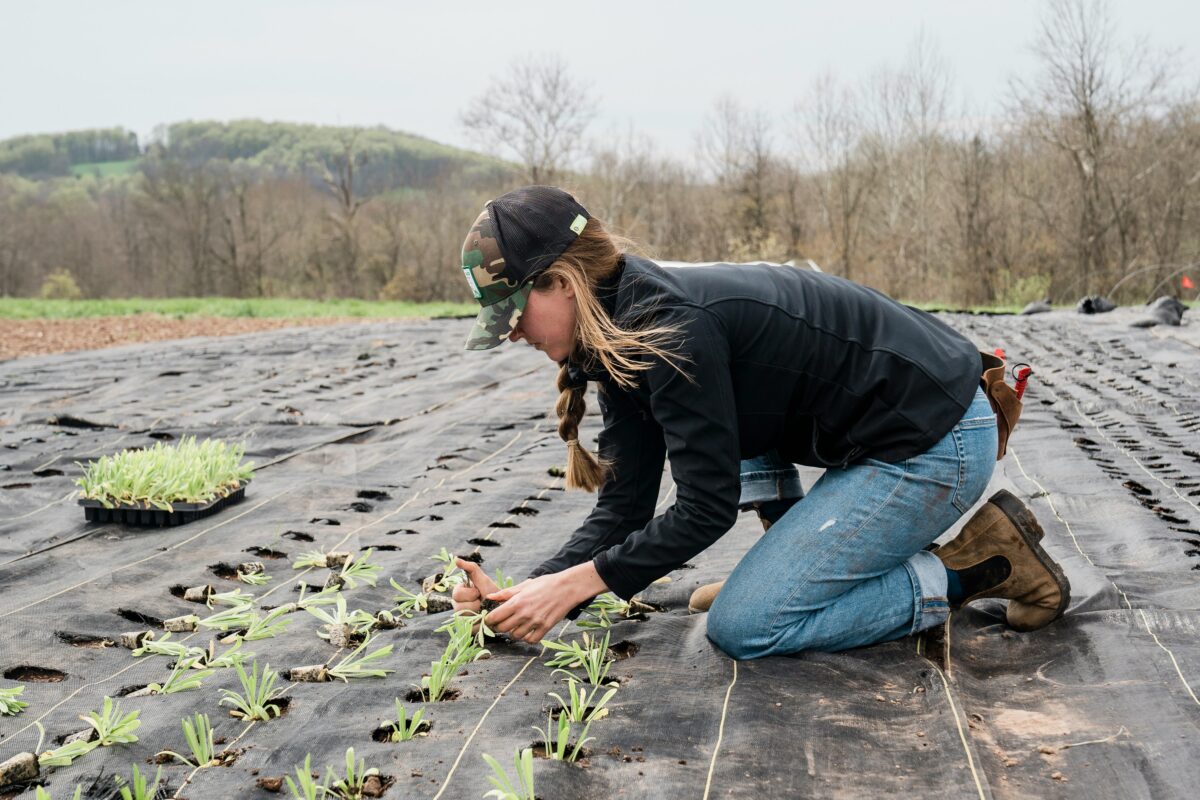
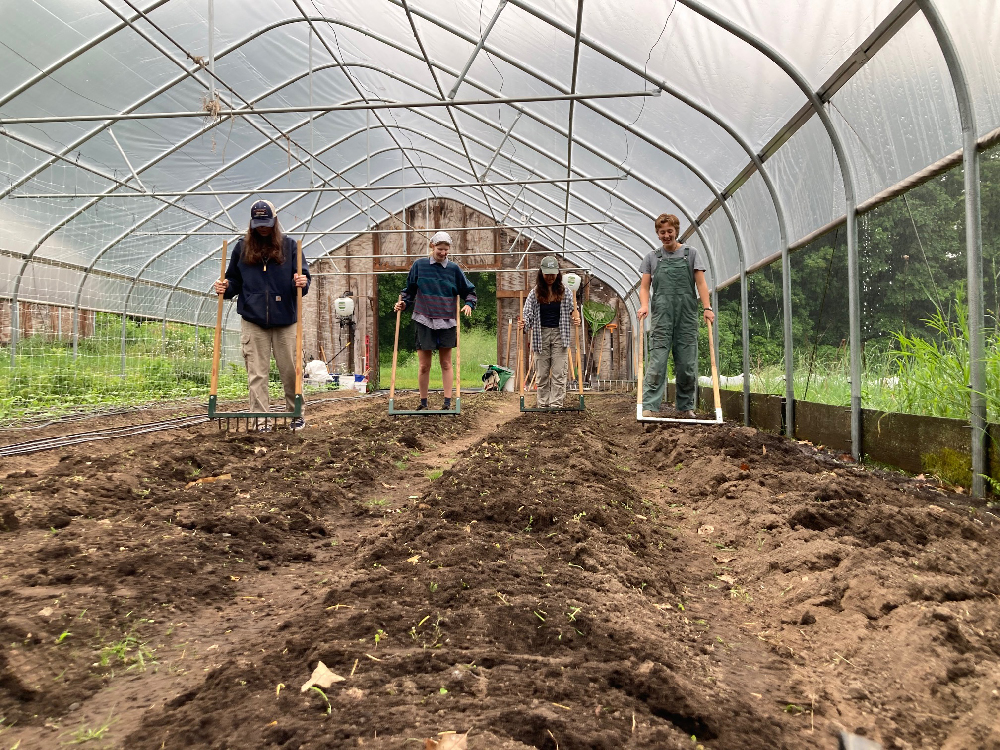
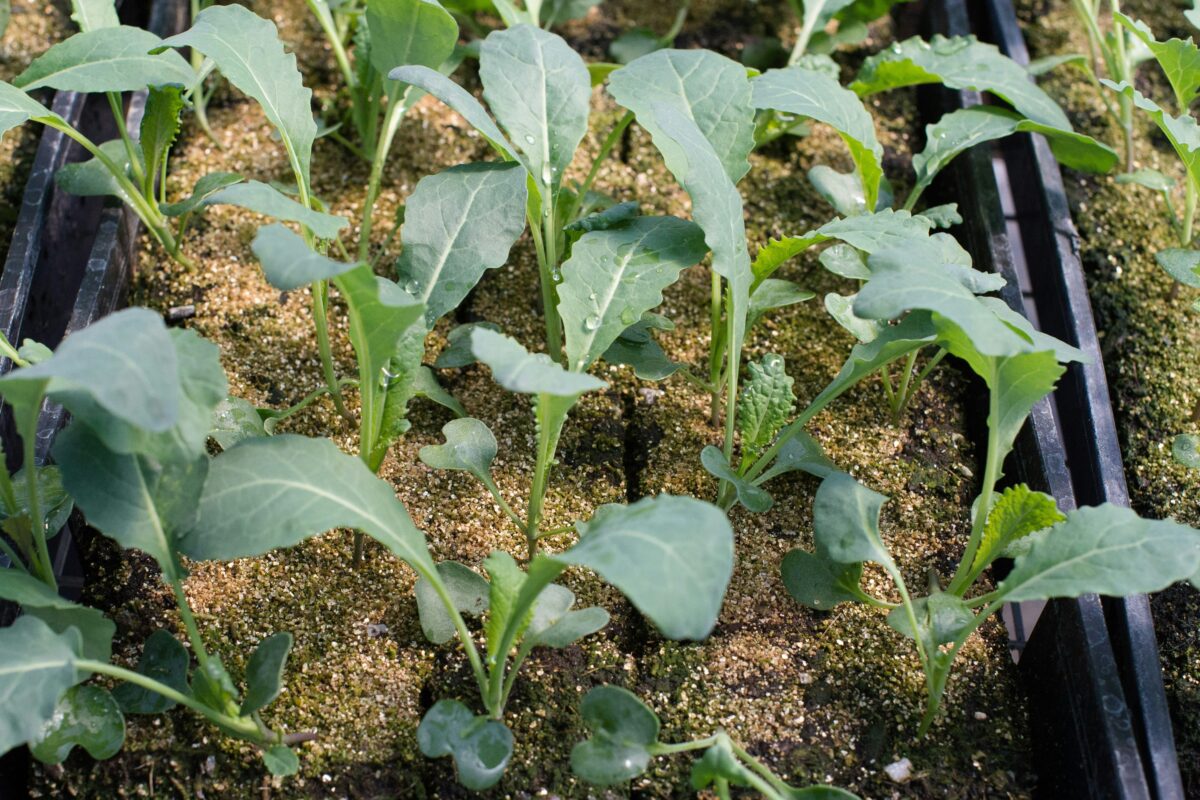
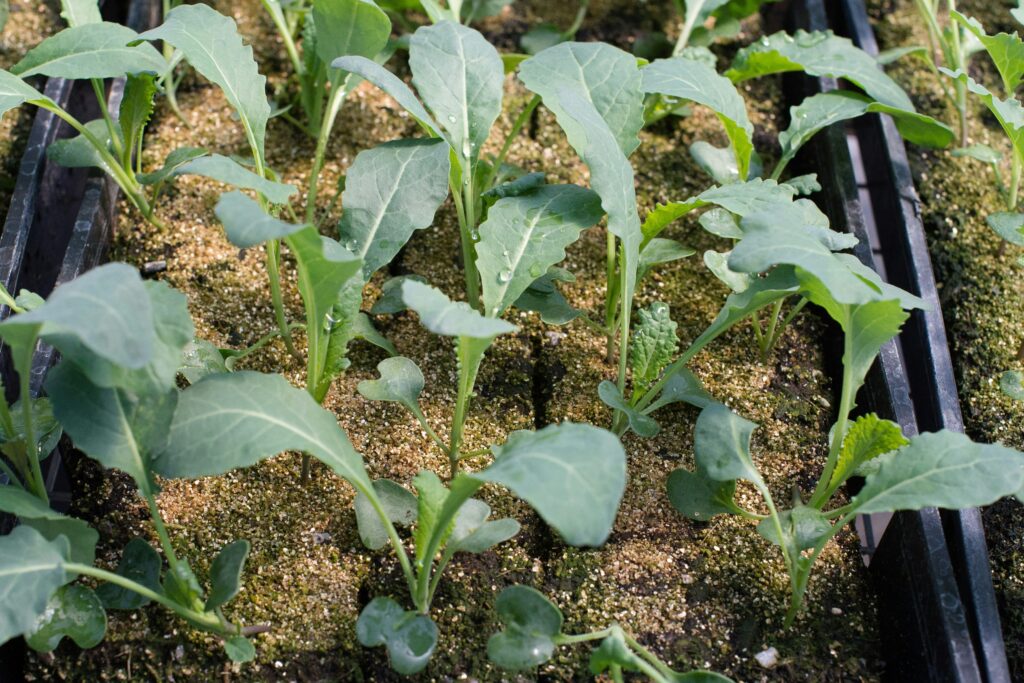
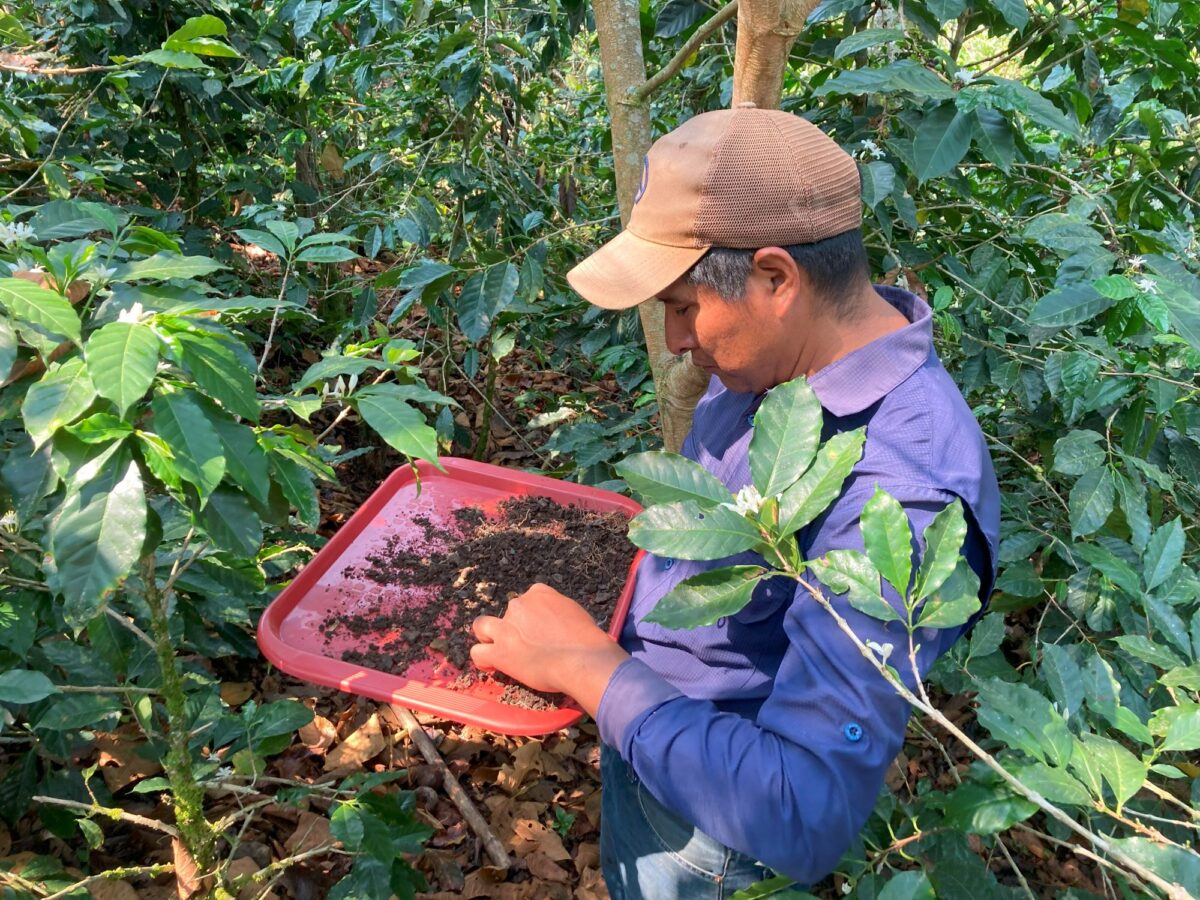
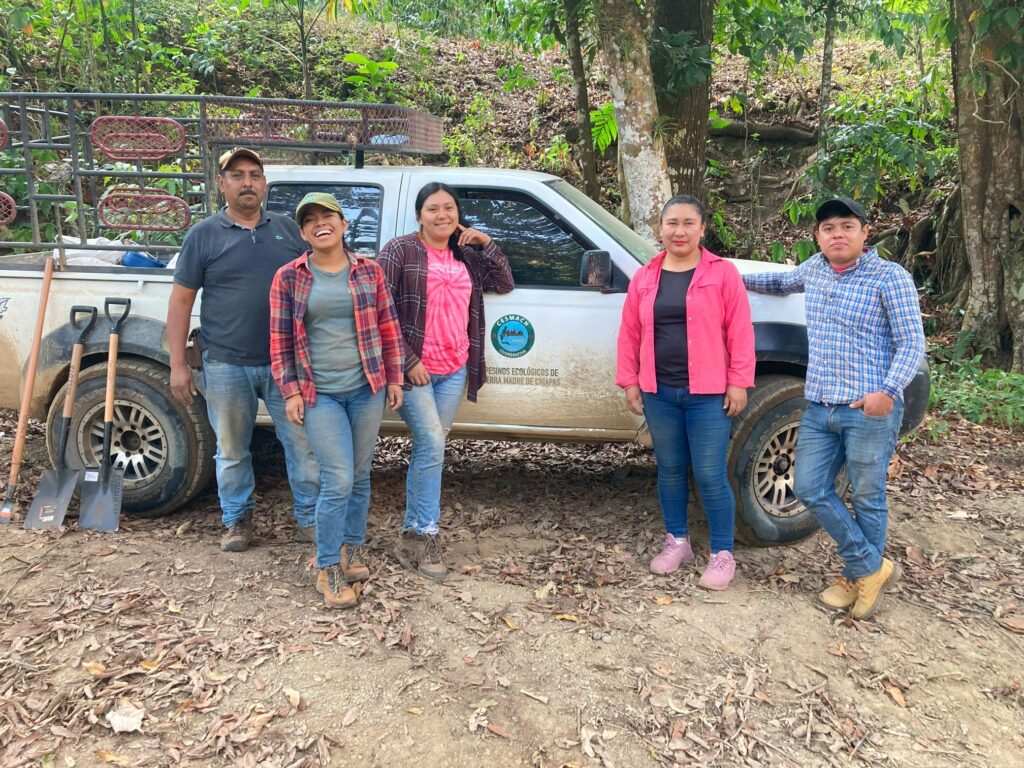
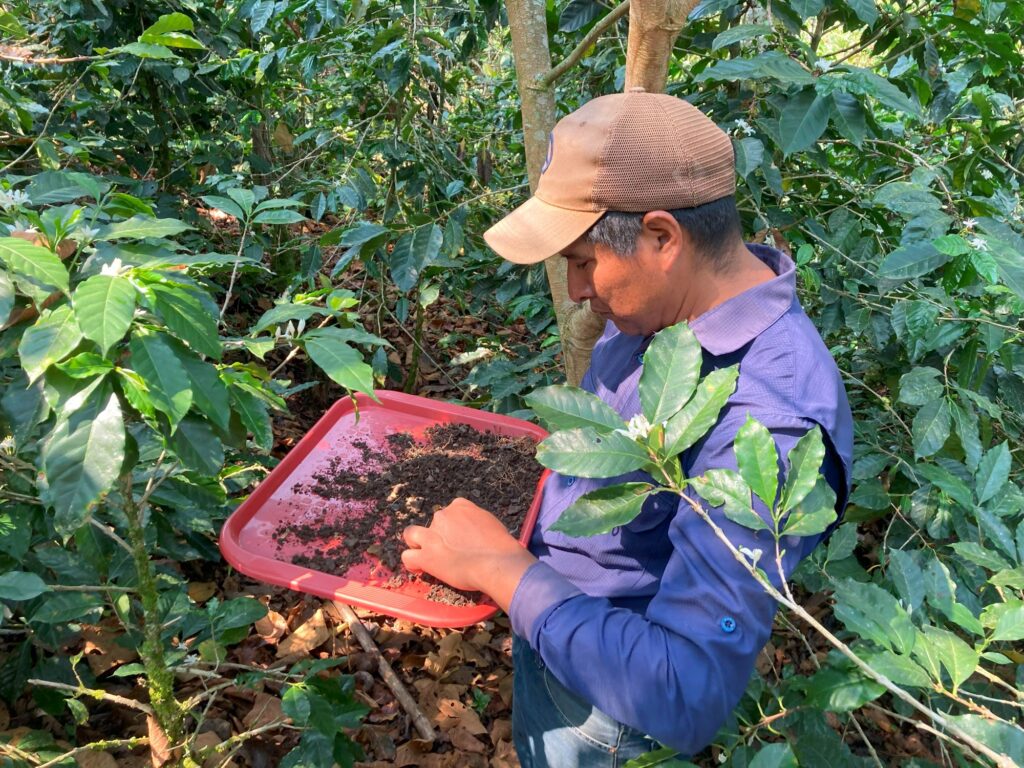
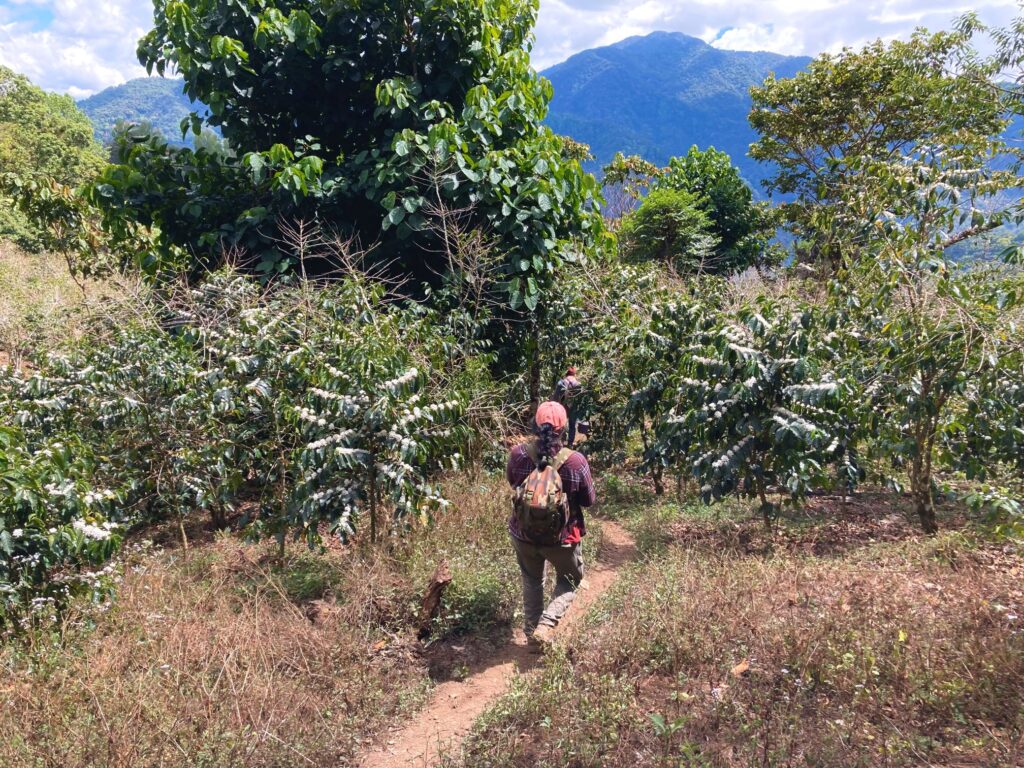
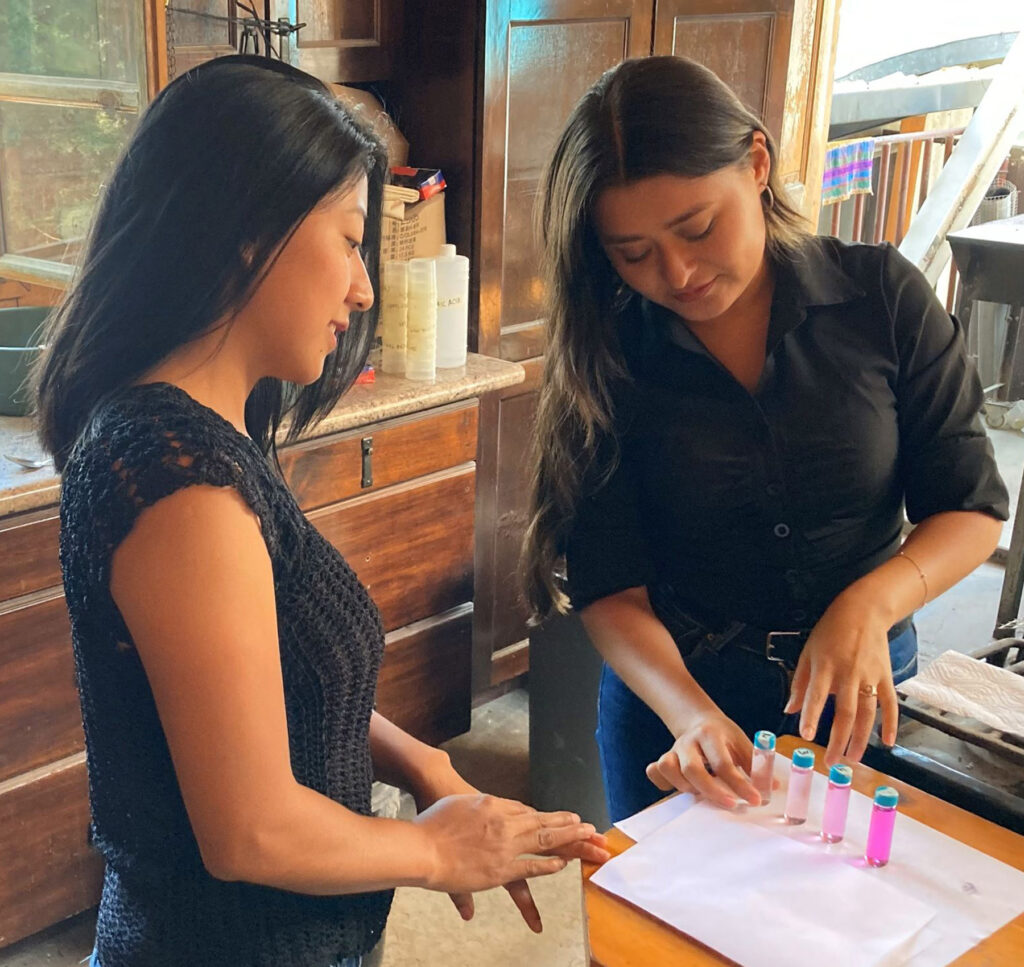
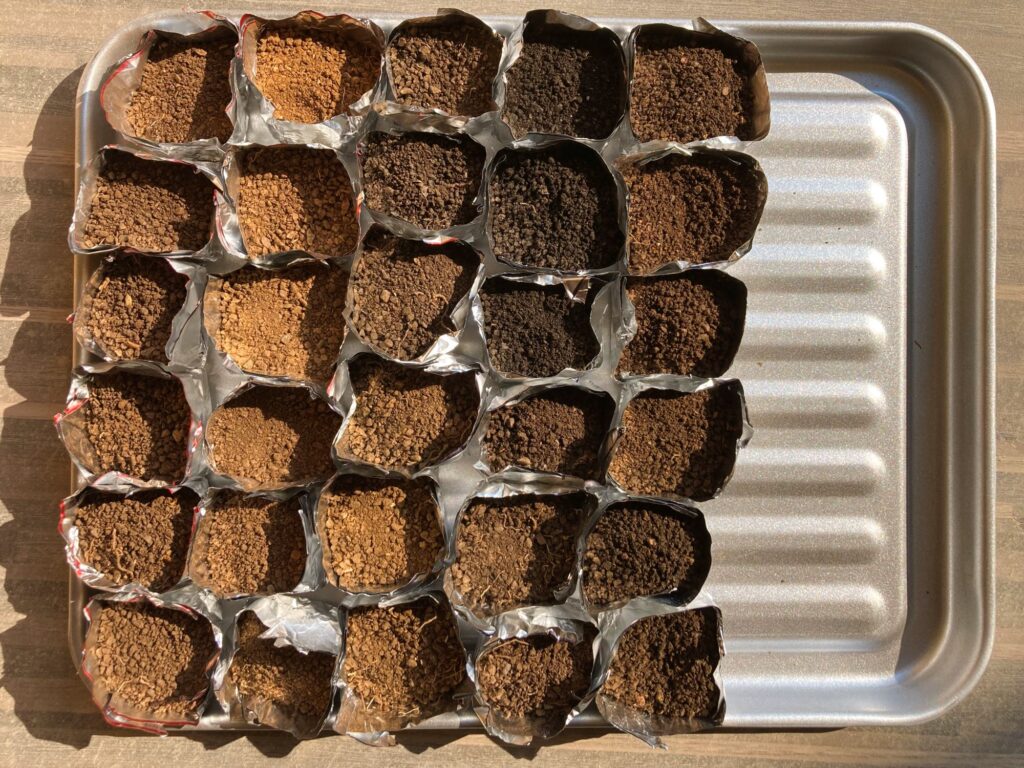
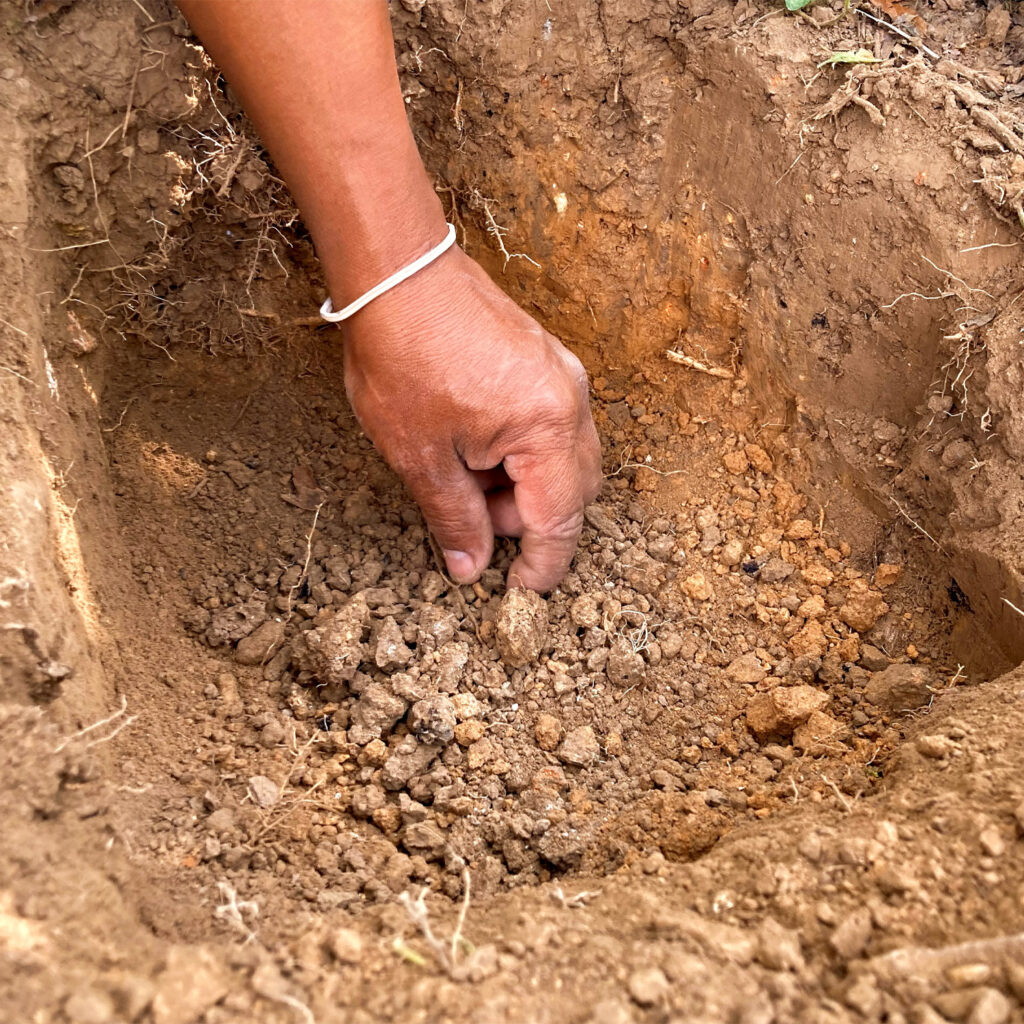

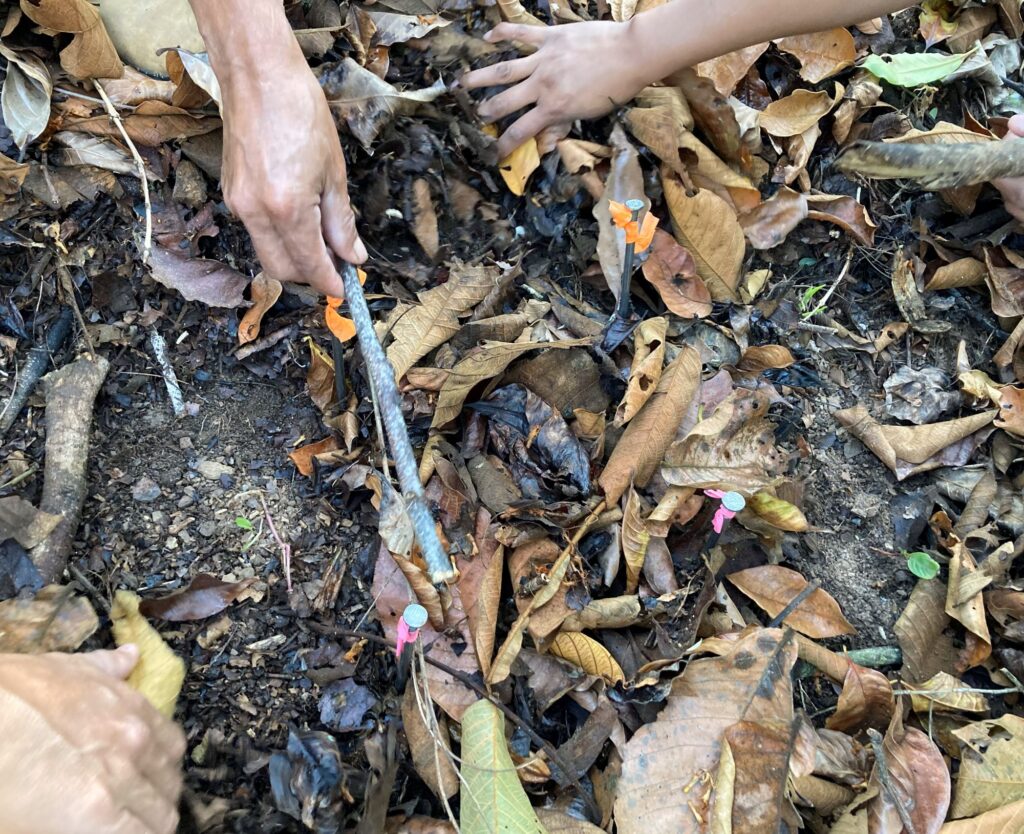

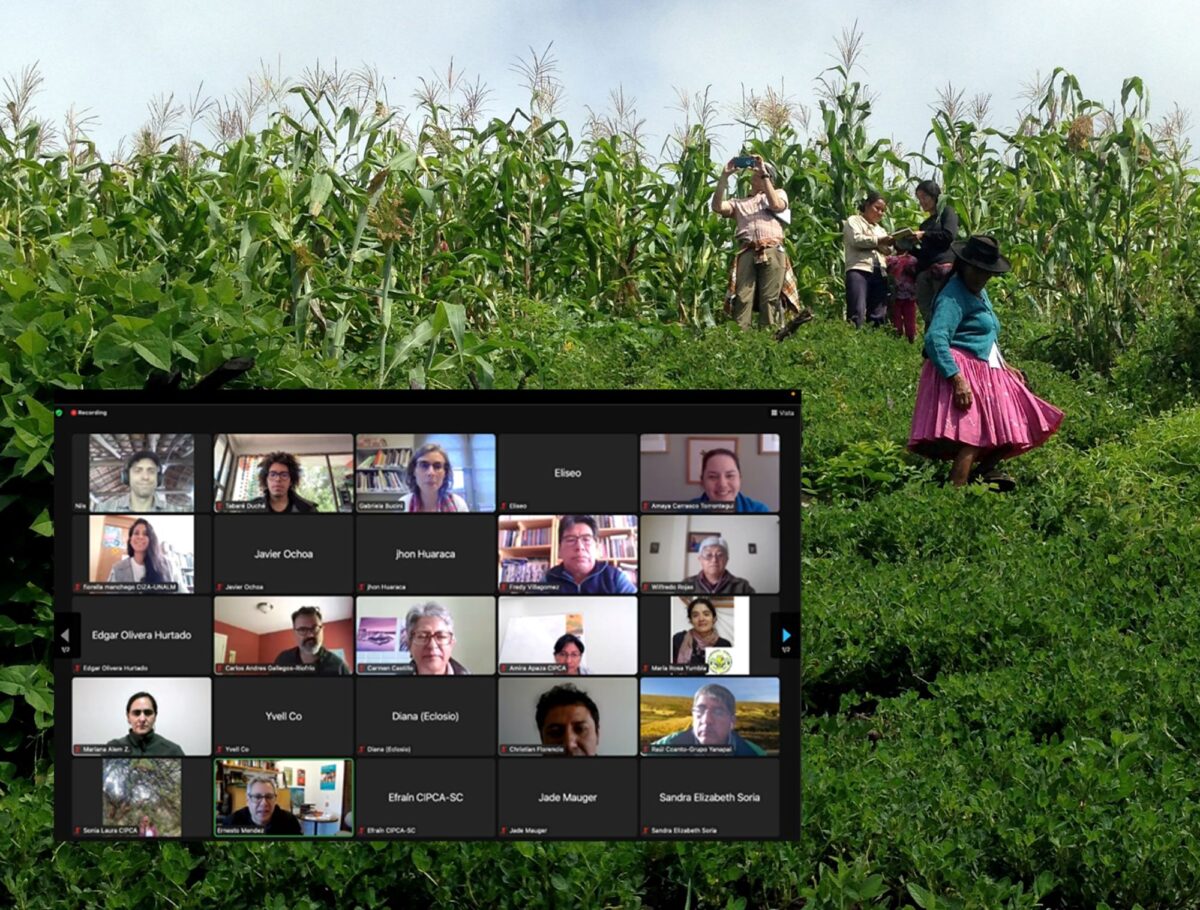
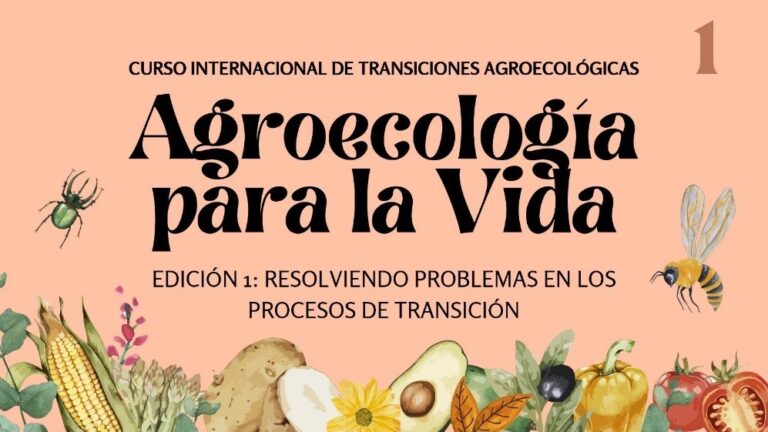
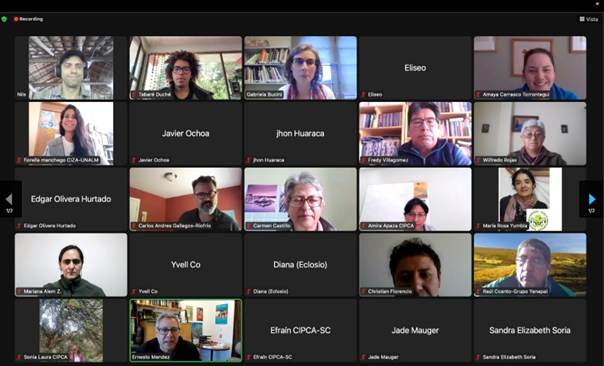
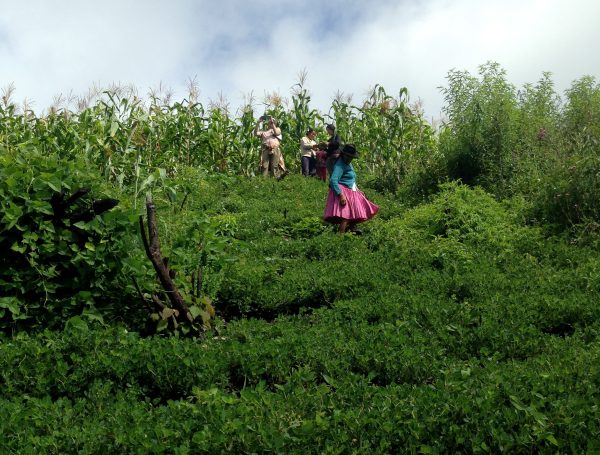
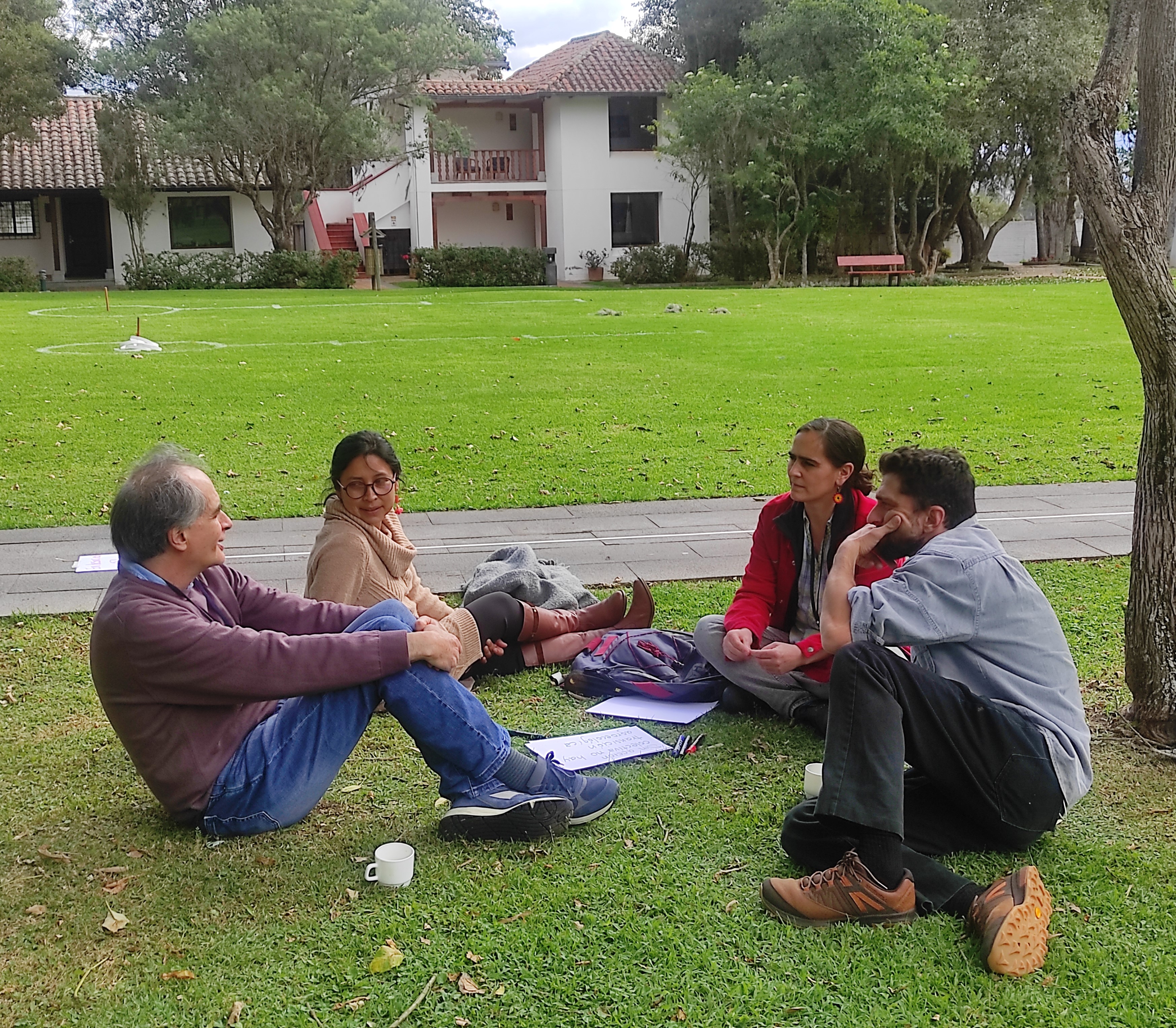

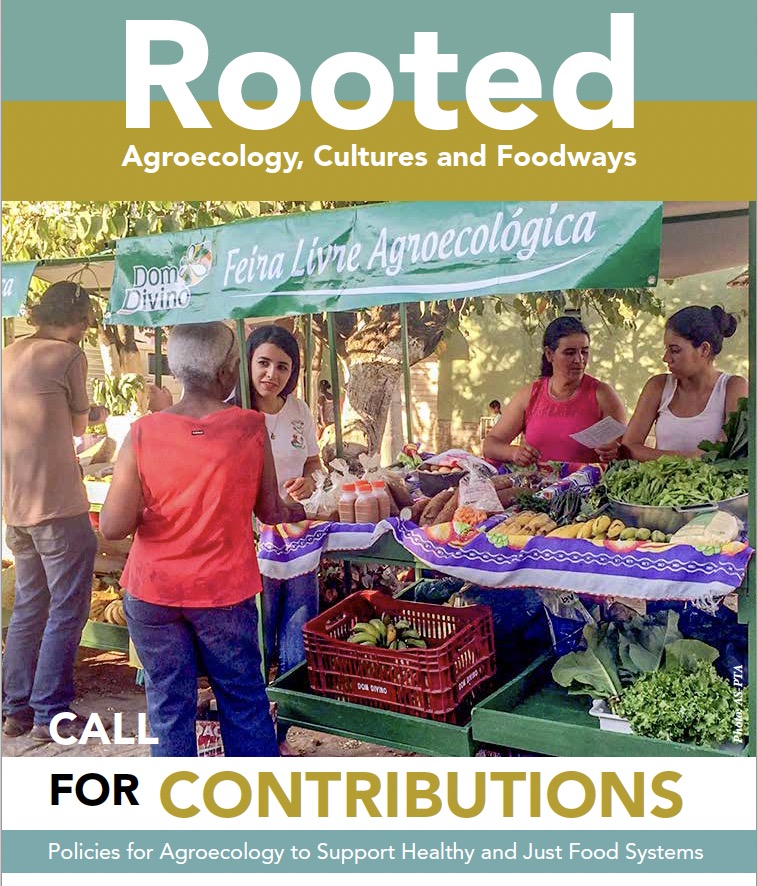
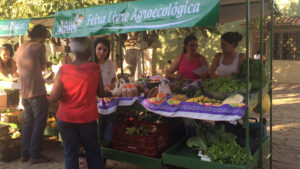 Food systems are complex, and policies influencing them exist at multiple levels (local, national, regional, international) and in different domains. These include access to land and tenure regulations, seed laws, food safety regulations, water use mechanisms, market development, trade rules, state programs for rural women or youth, and regulations regarding social organization, among many other things. They also address community processes, ways of interacting and customary law. Policies are not only state-led. People’s agroecological processes or indigenous governance are equally meaningful forms of policy co-creation.
Food systems are complex, and policies influencing them exist at multiple levels (local, national, regional, international) and in different domains. These include access to land and tenure regulations, seed laws, food safety regulations, water use mechanisms, market development, trade rules, state programs for rural women or youth, and regulations regarding social organization, among many other things. They also address community processes, ways of interacting and customary law. Policies are not only state-led. People’s agroecological processes or indigenous governance are equally meaningful forms of policy co-creation.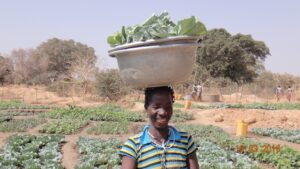
 We invite summaries of between 250 and 500 words. If selected, you will be invited to draft a longer article of around 2000 words. We invite two types of contributions:
We invite summaries of between 250 and 500 words. If selected, you will be invited to draft a longer article of around 2000 words. We invite two types of contributions:
